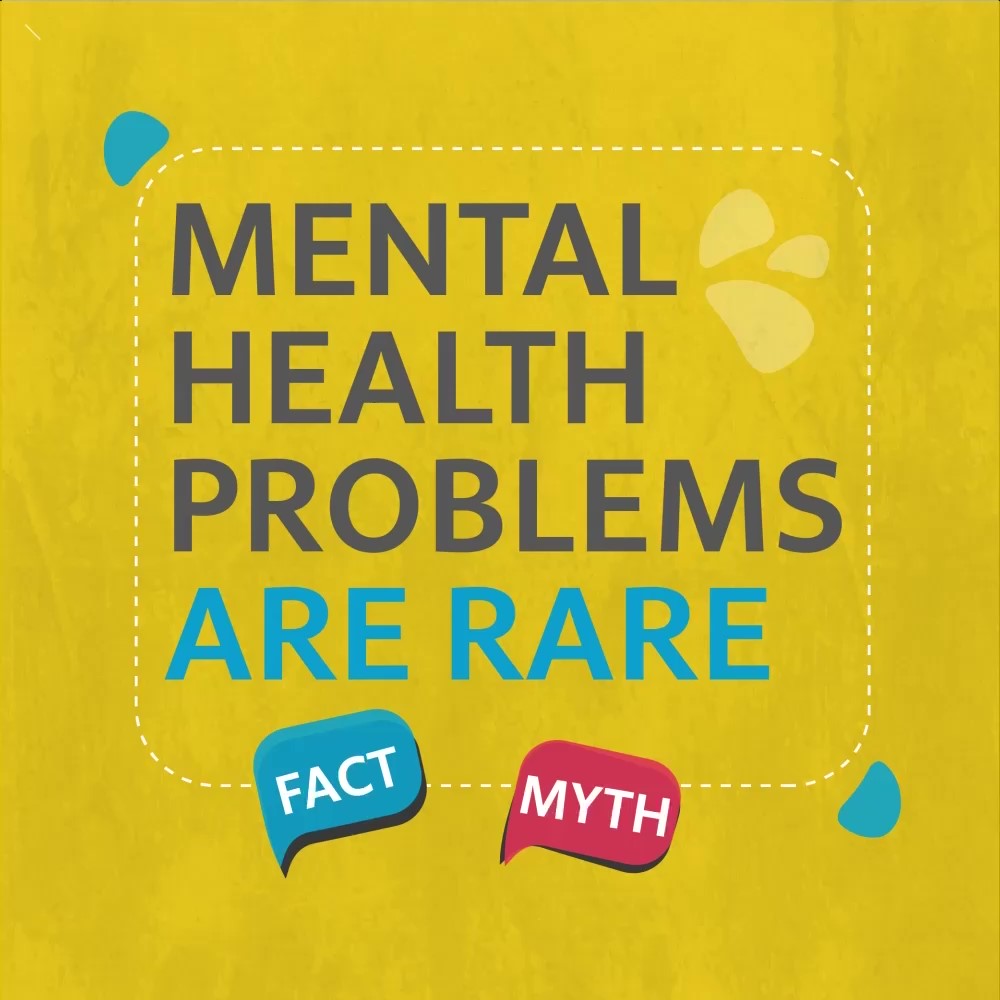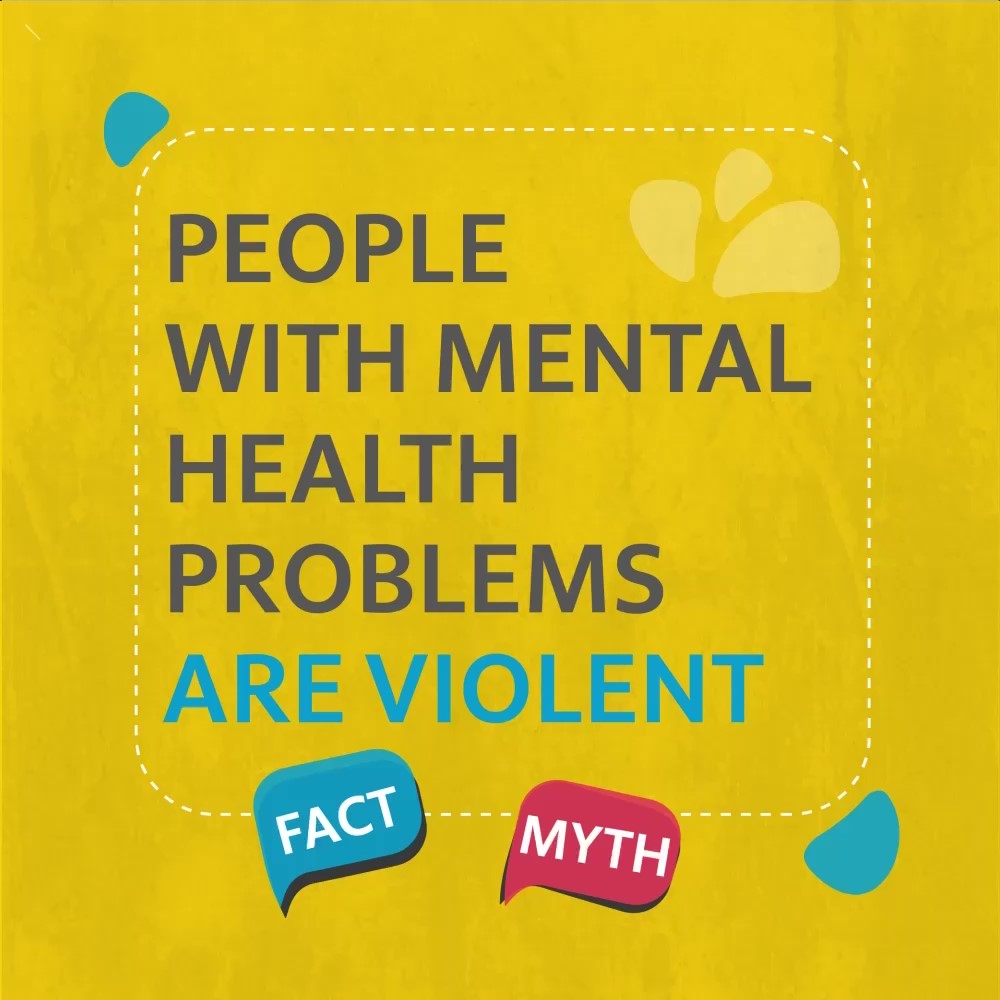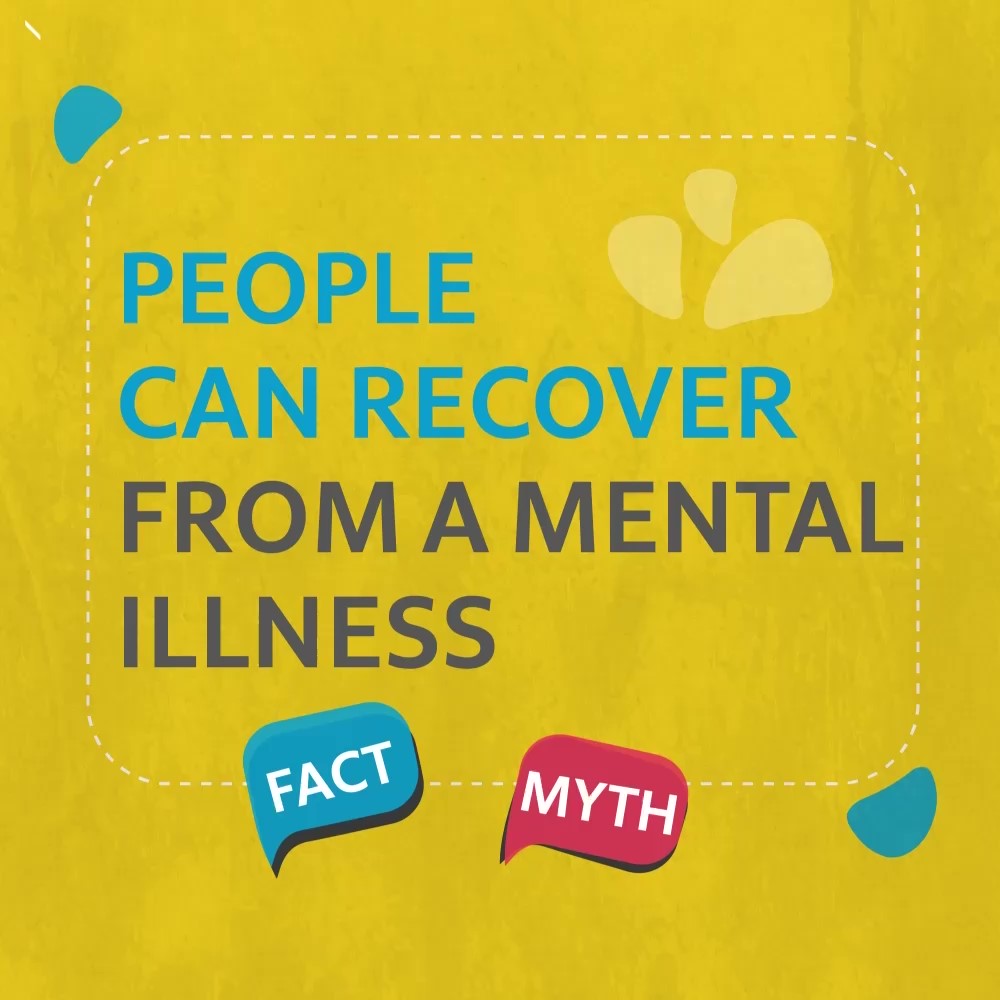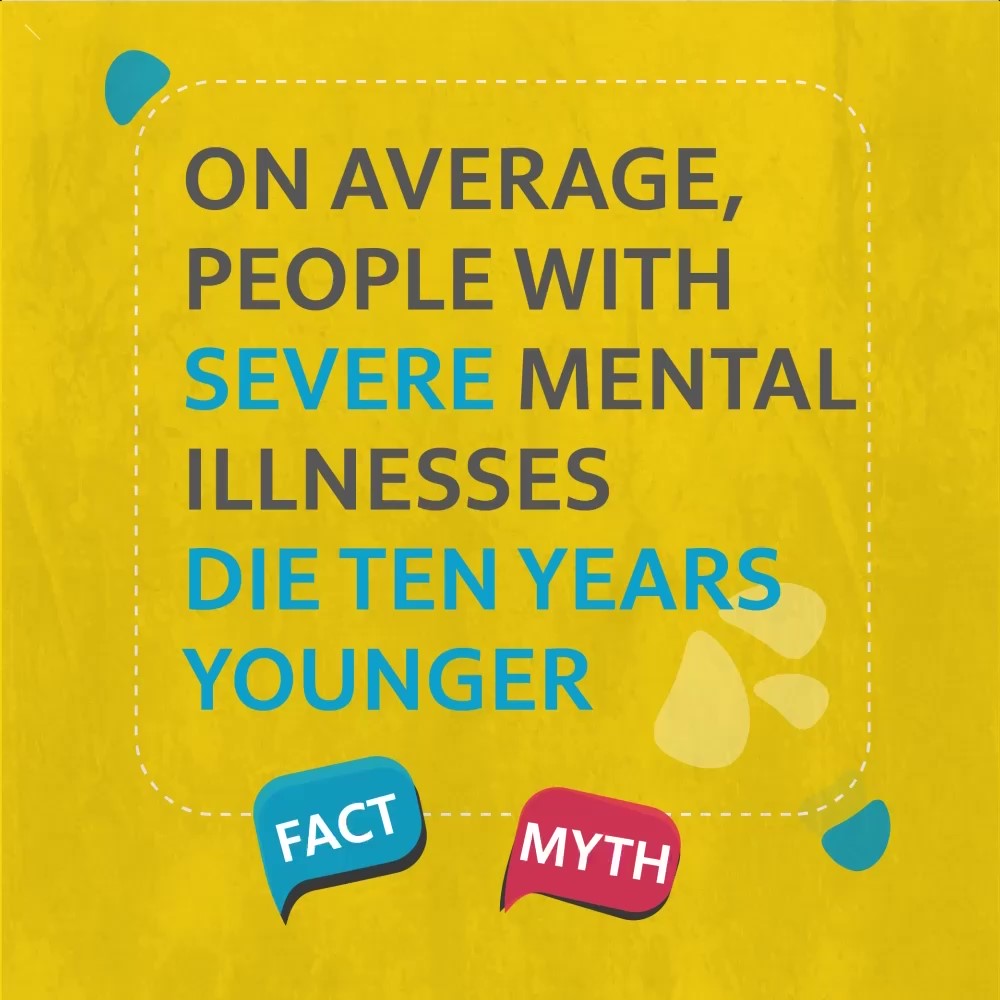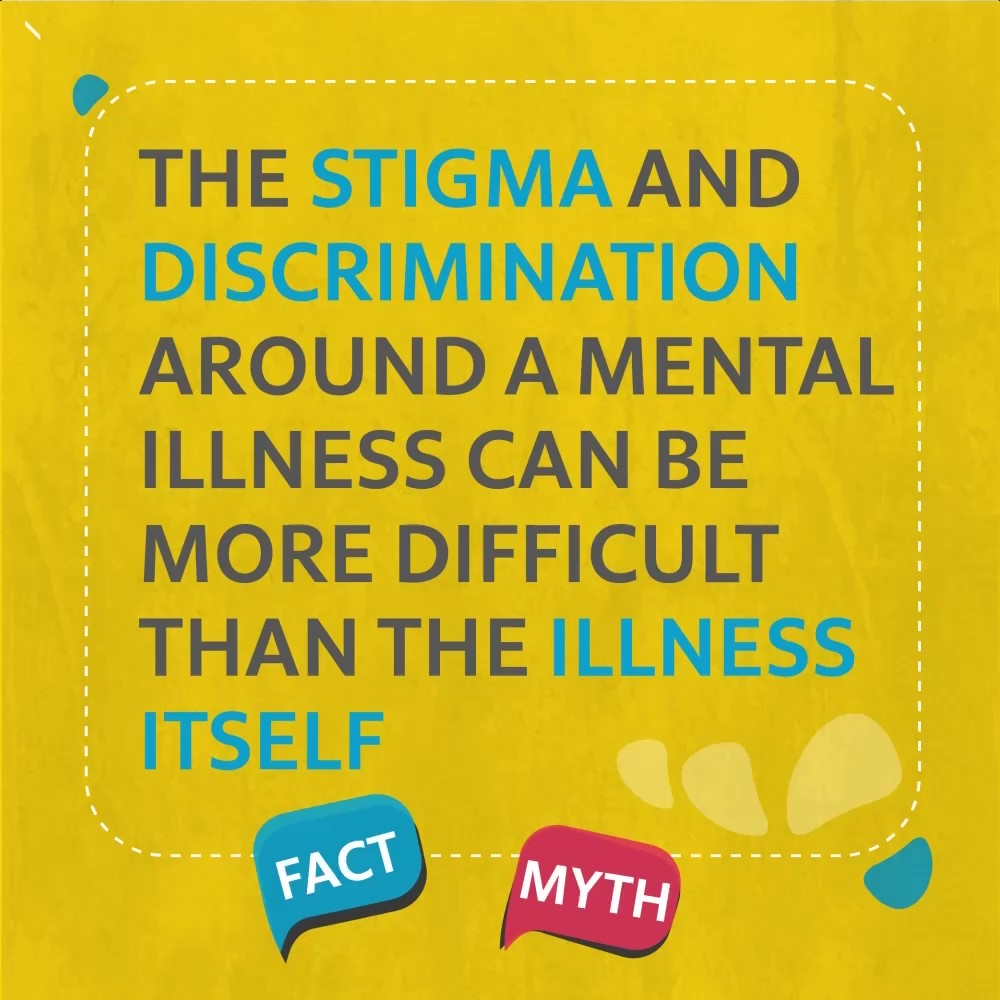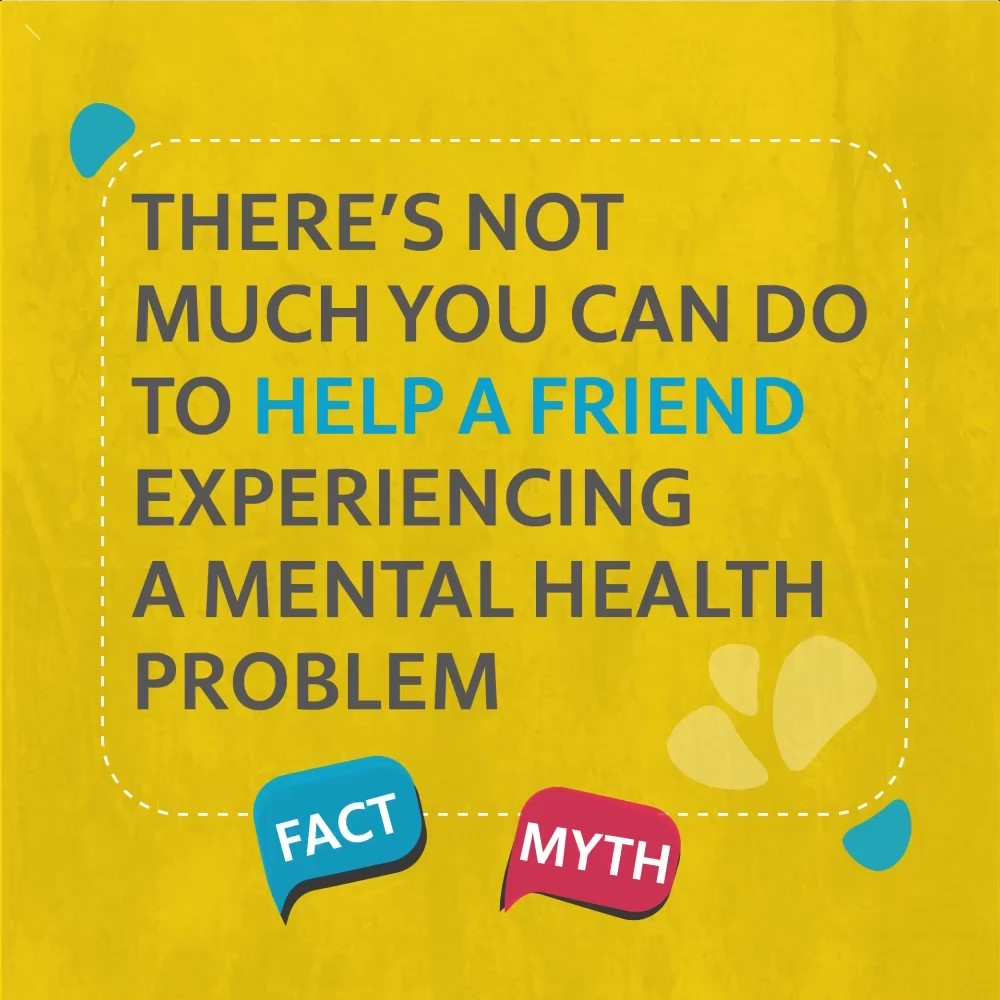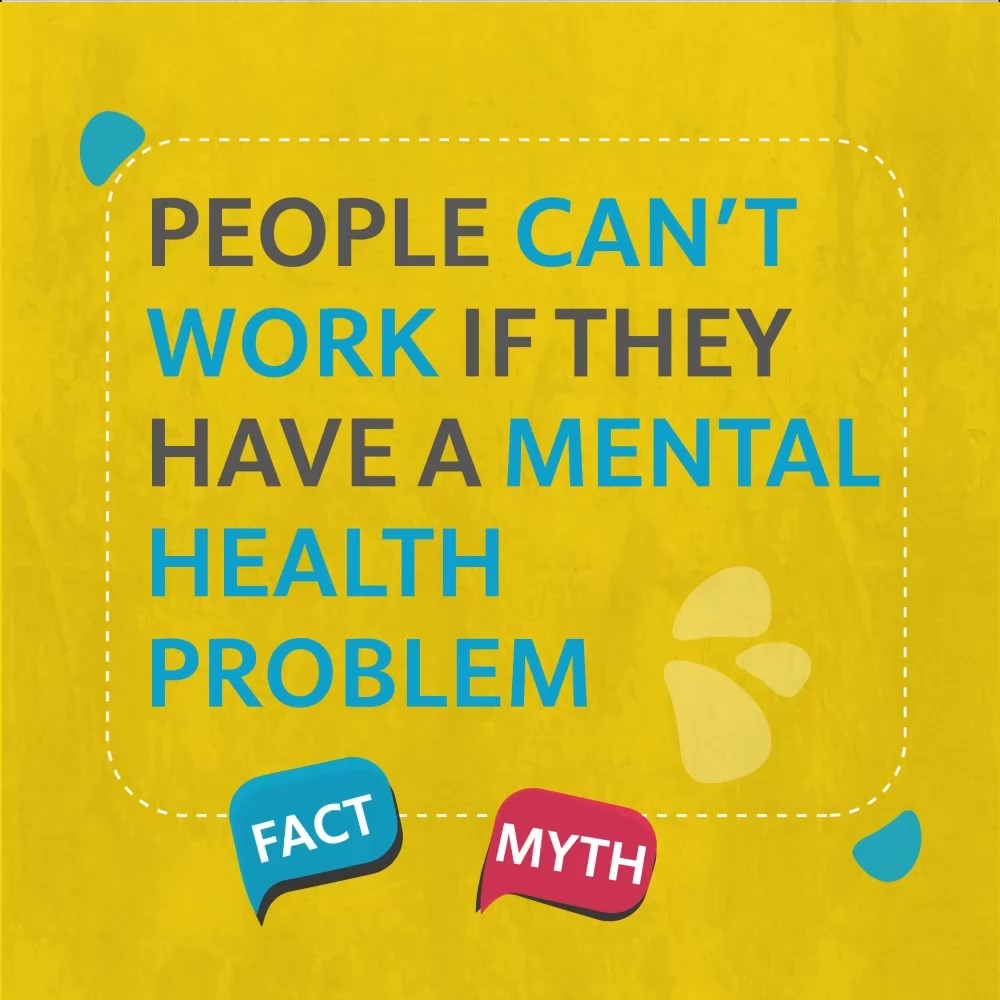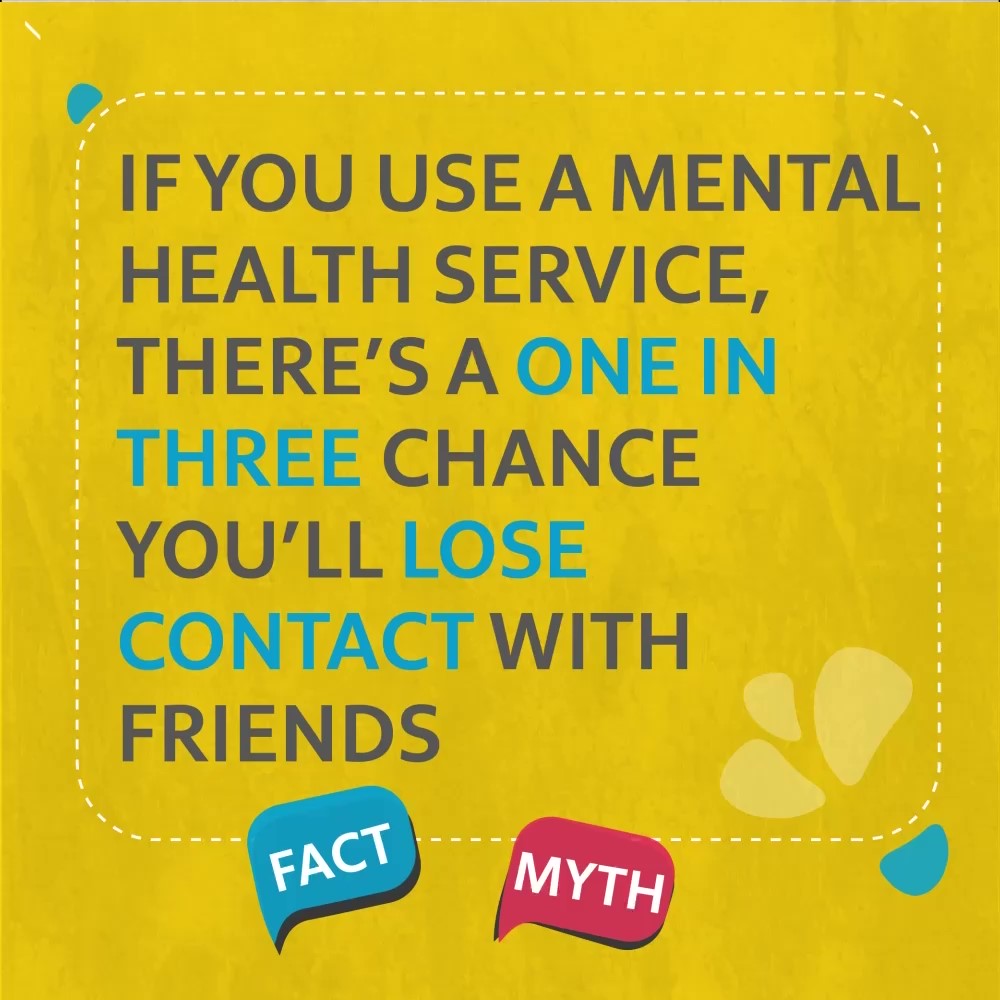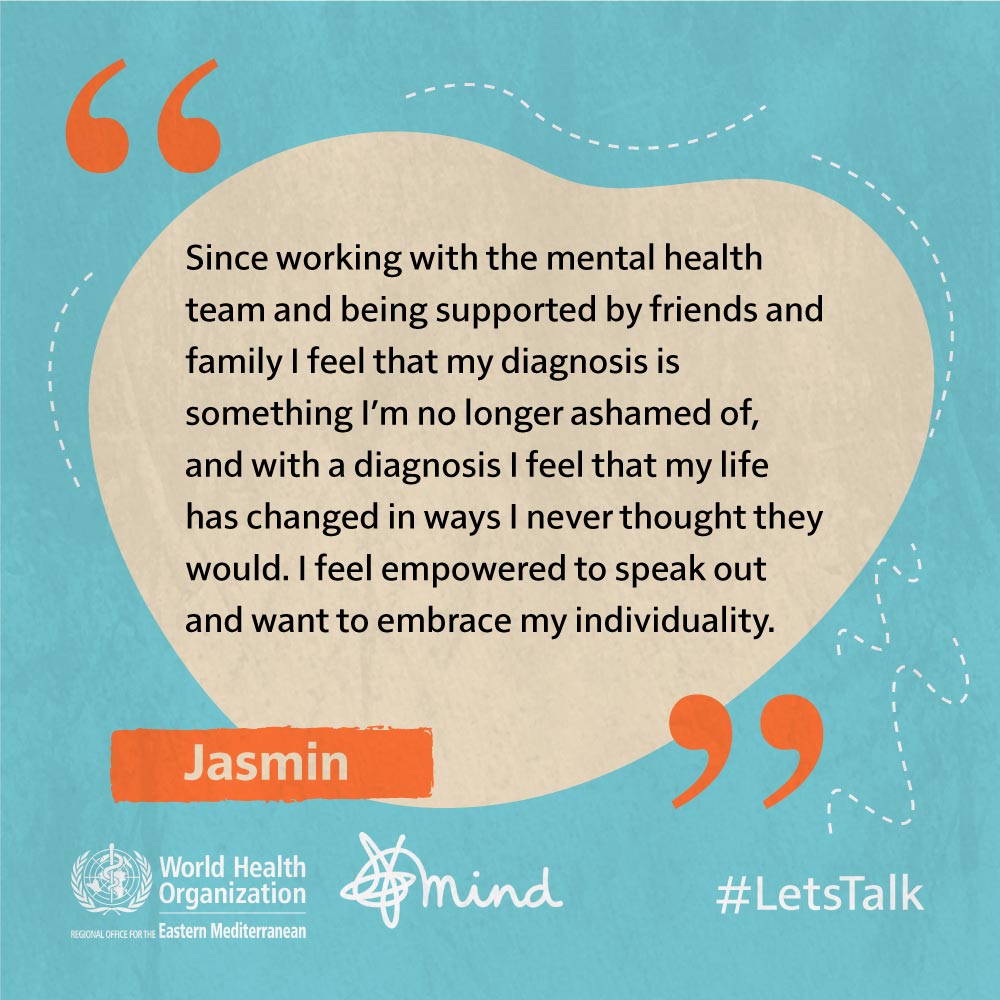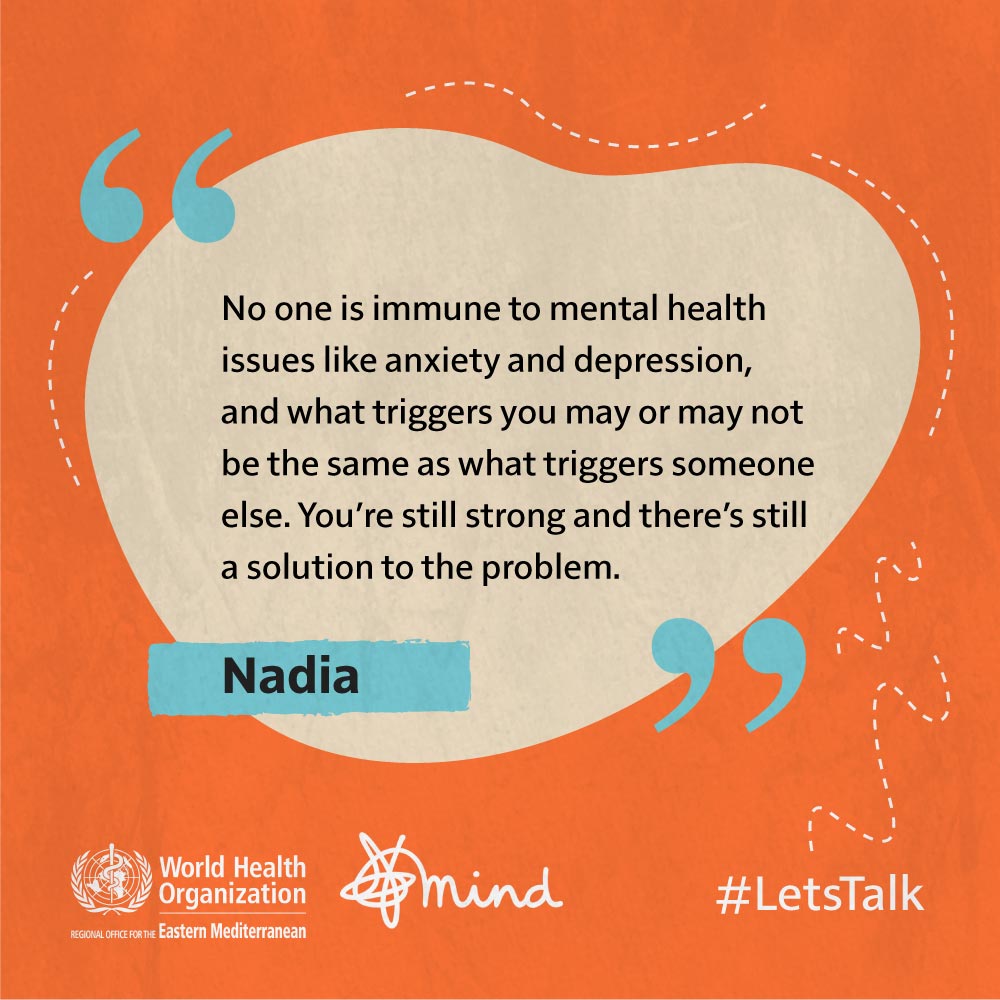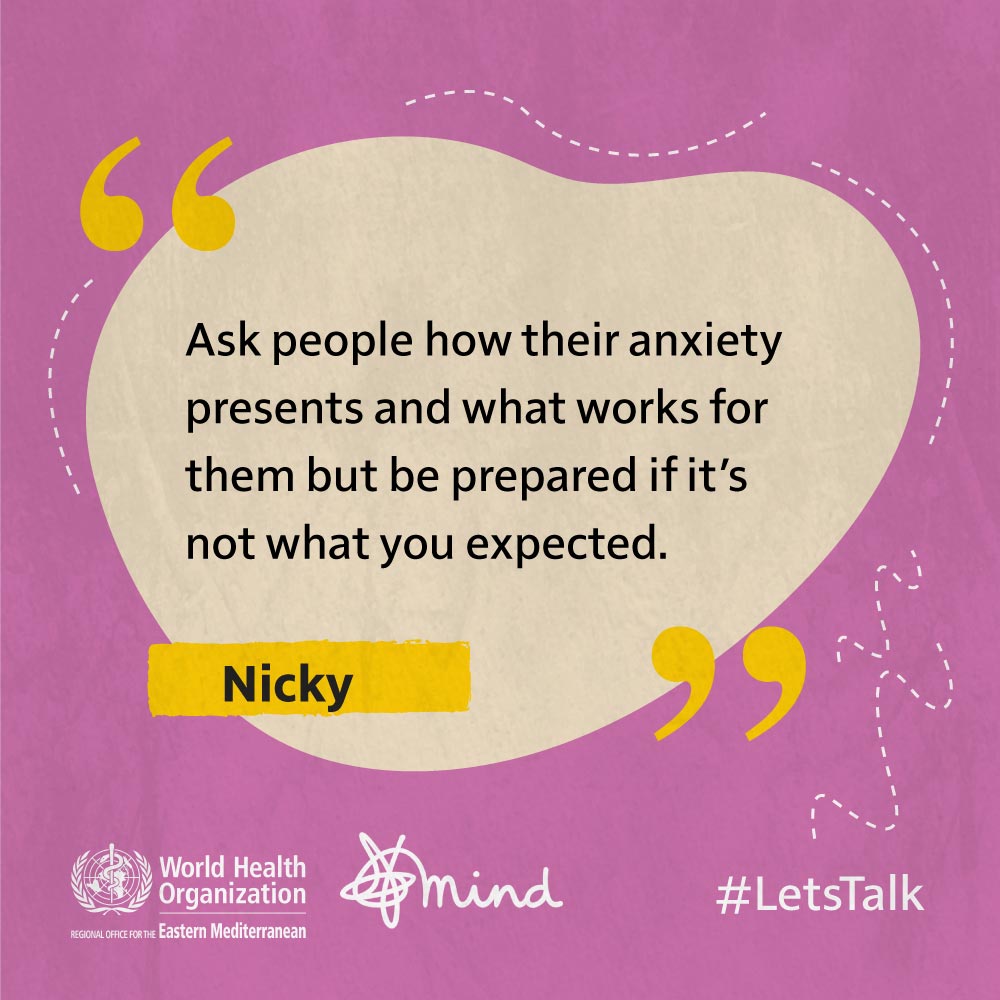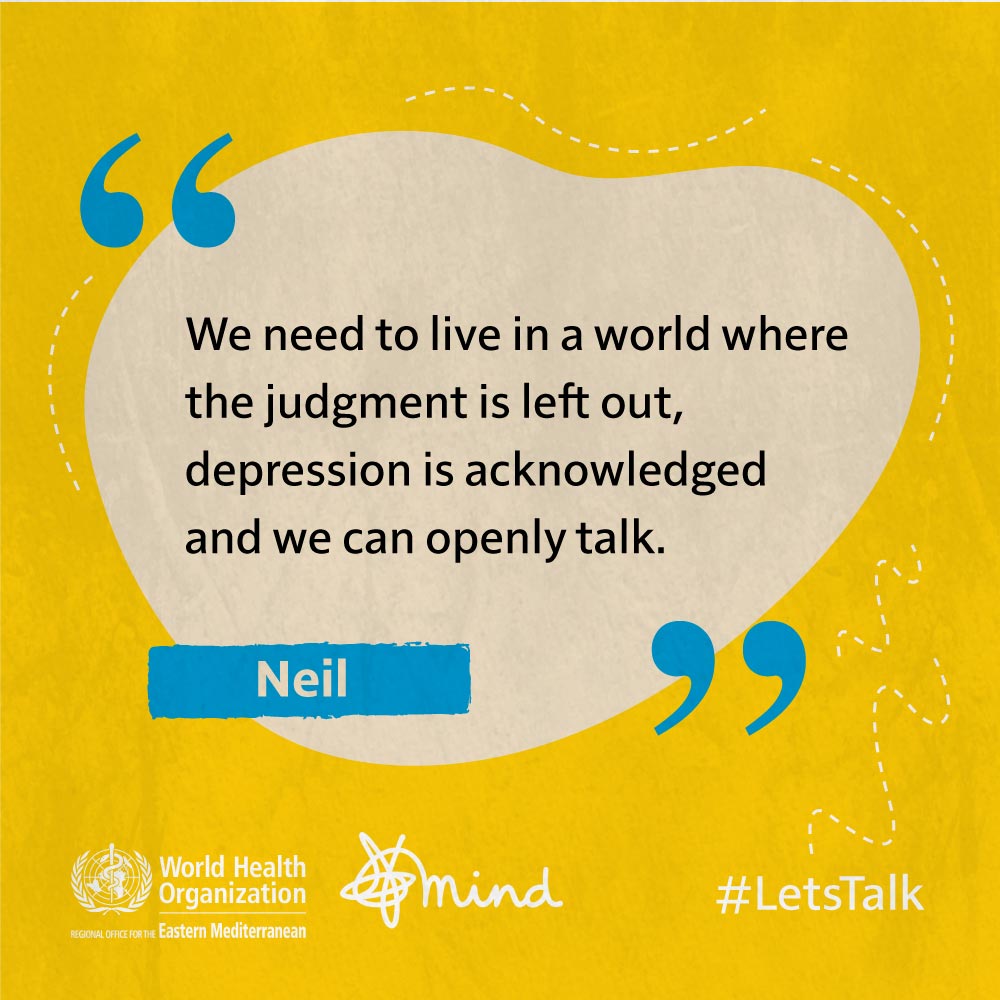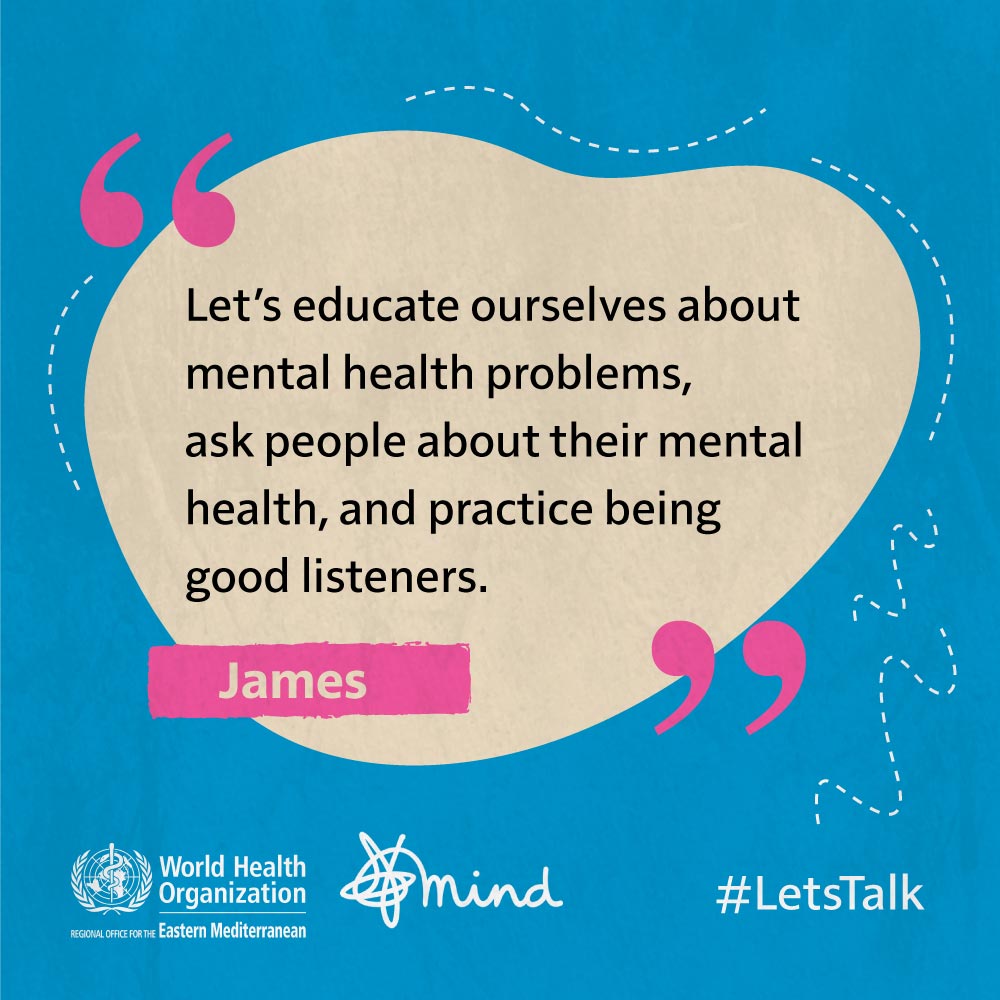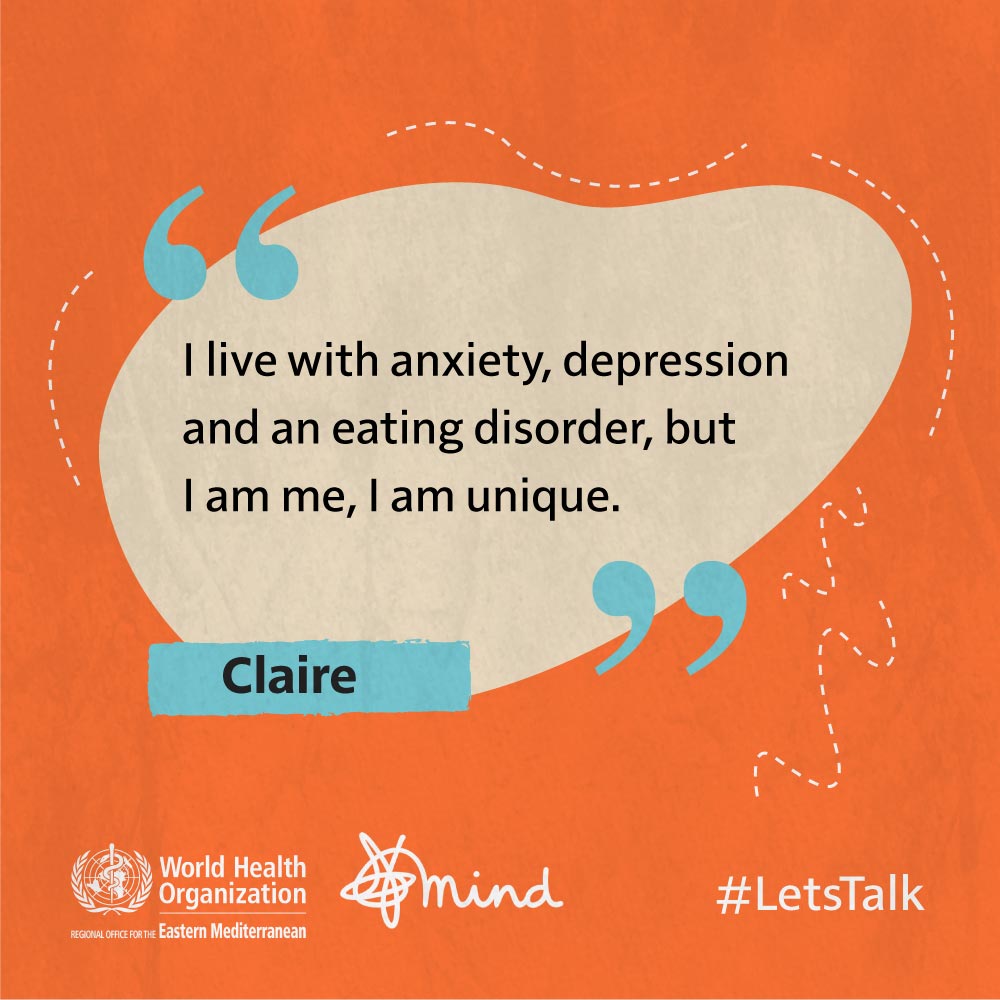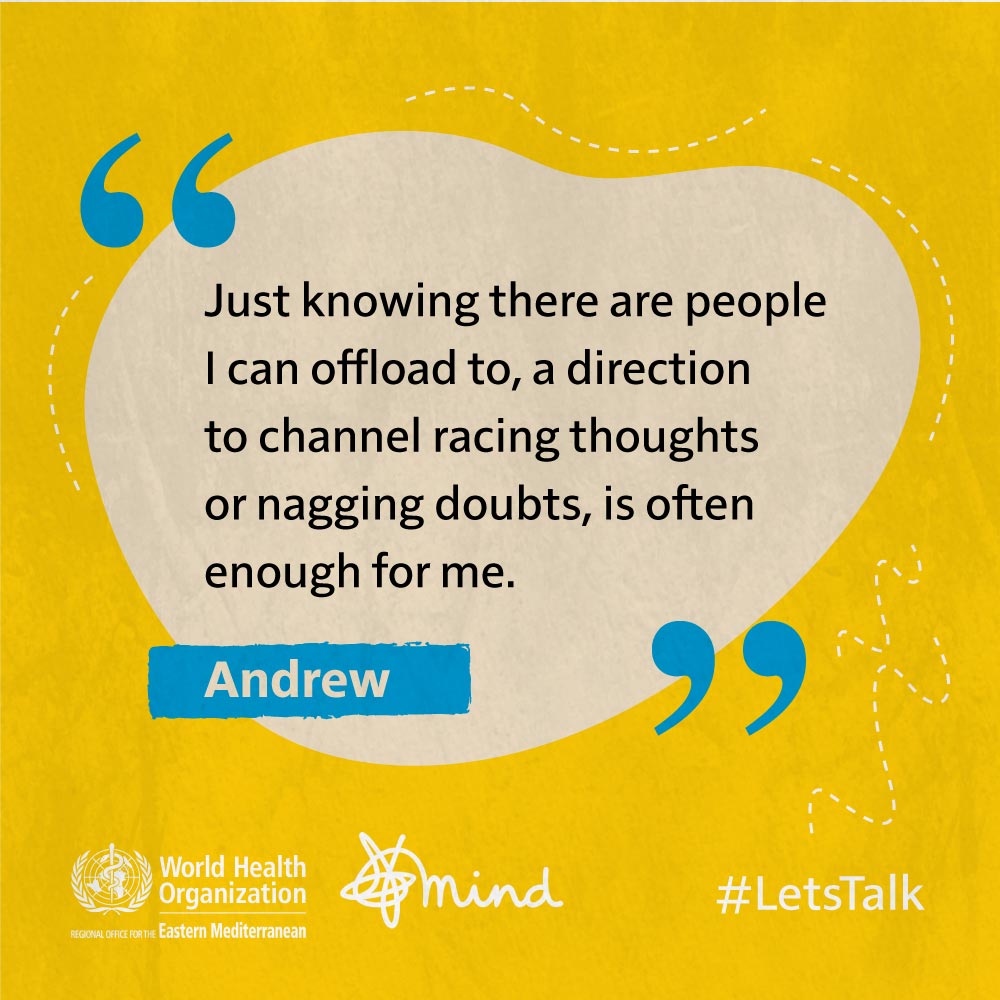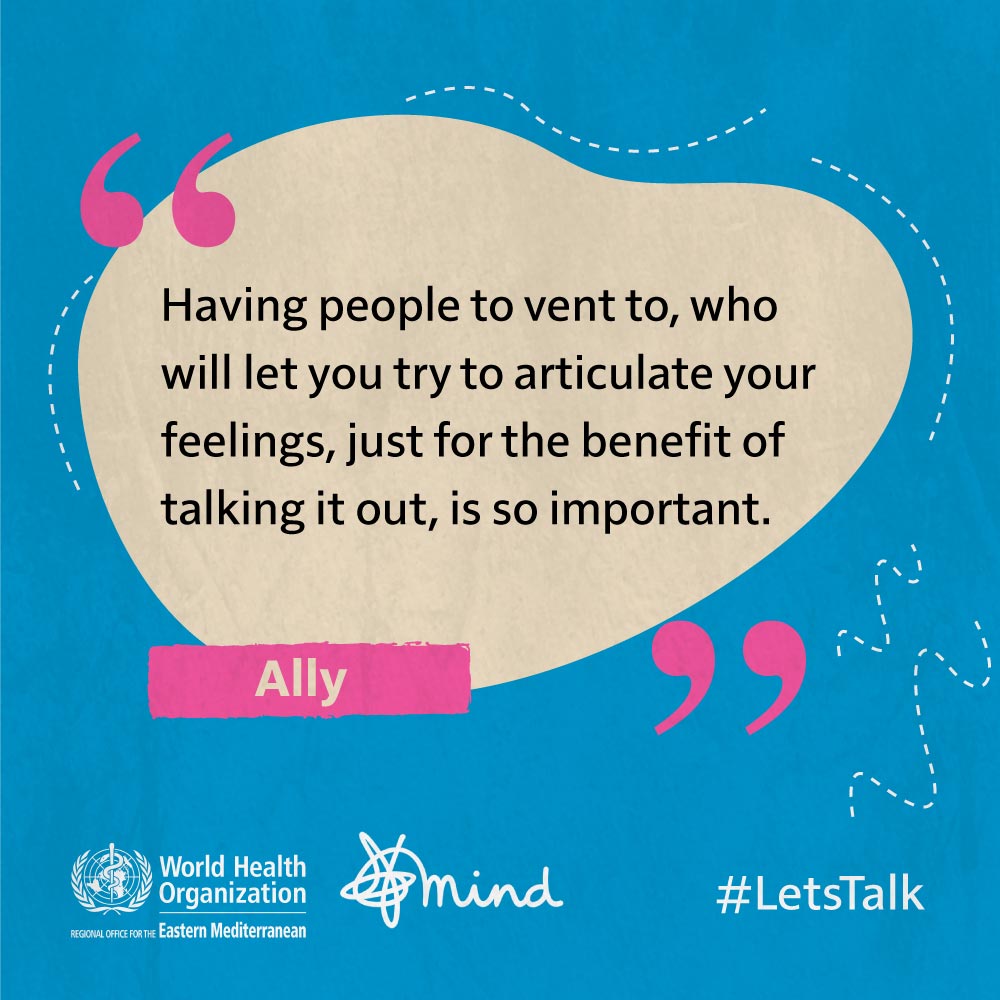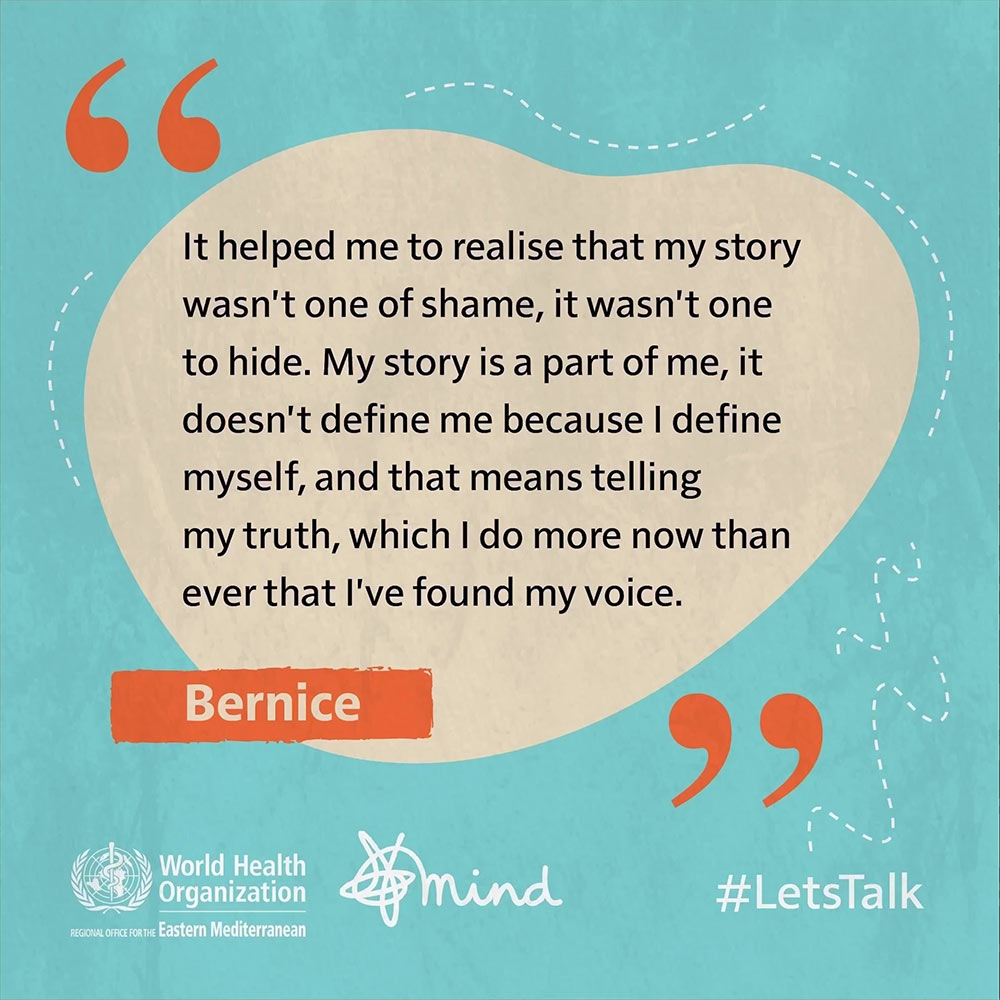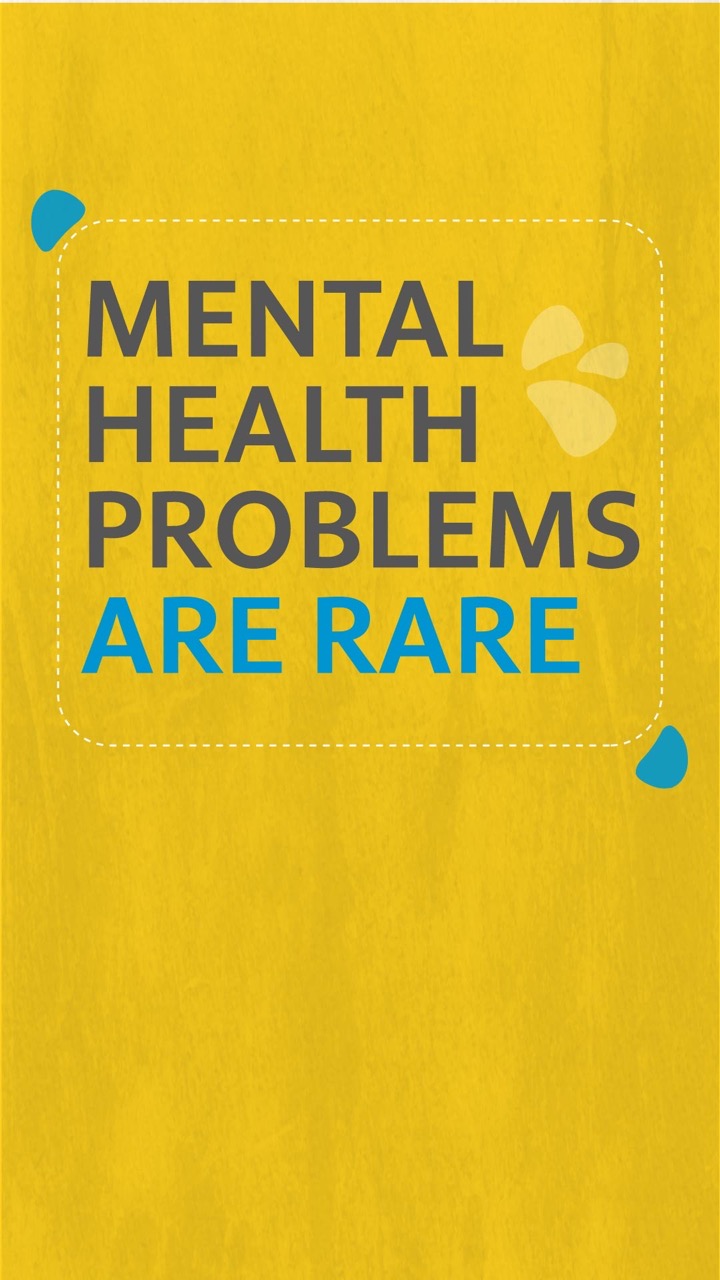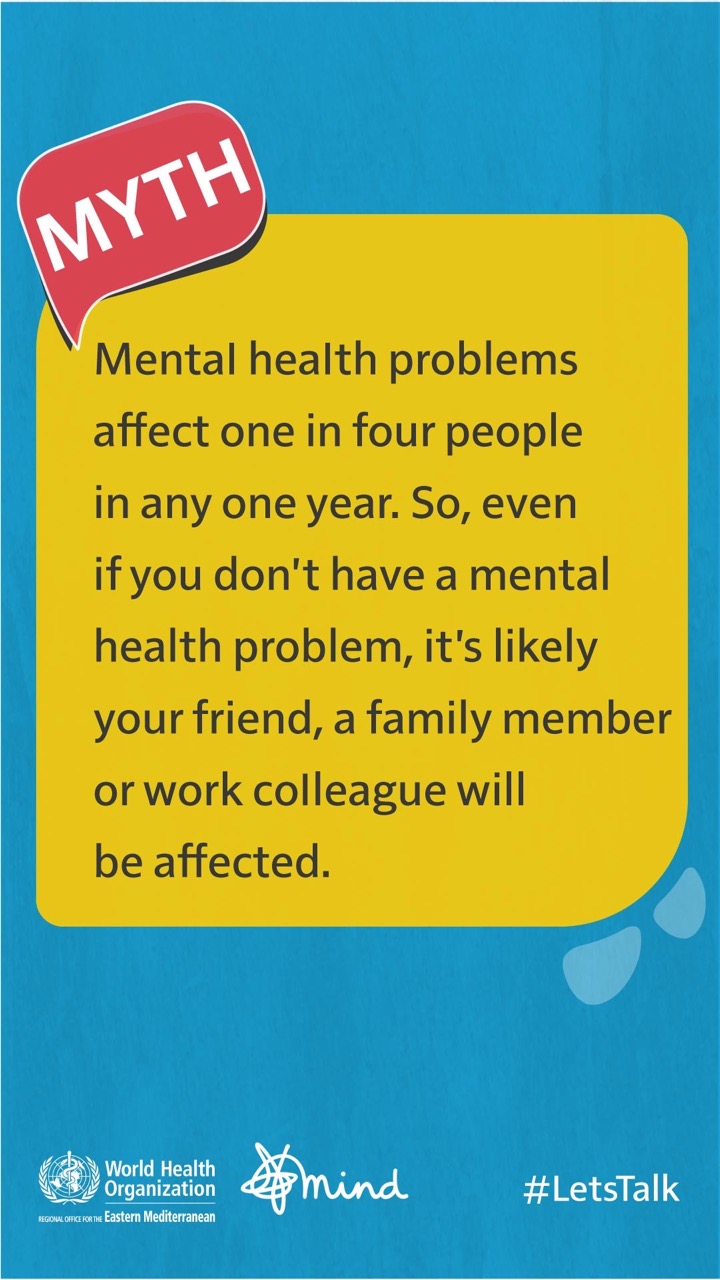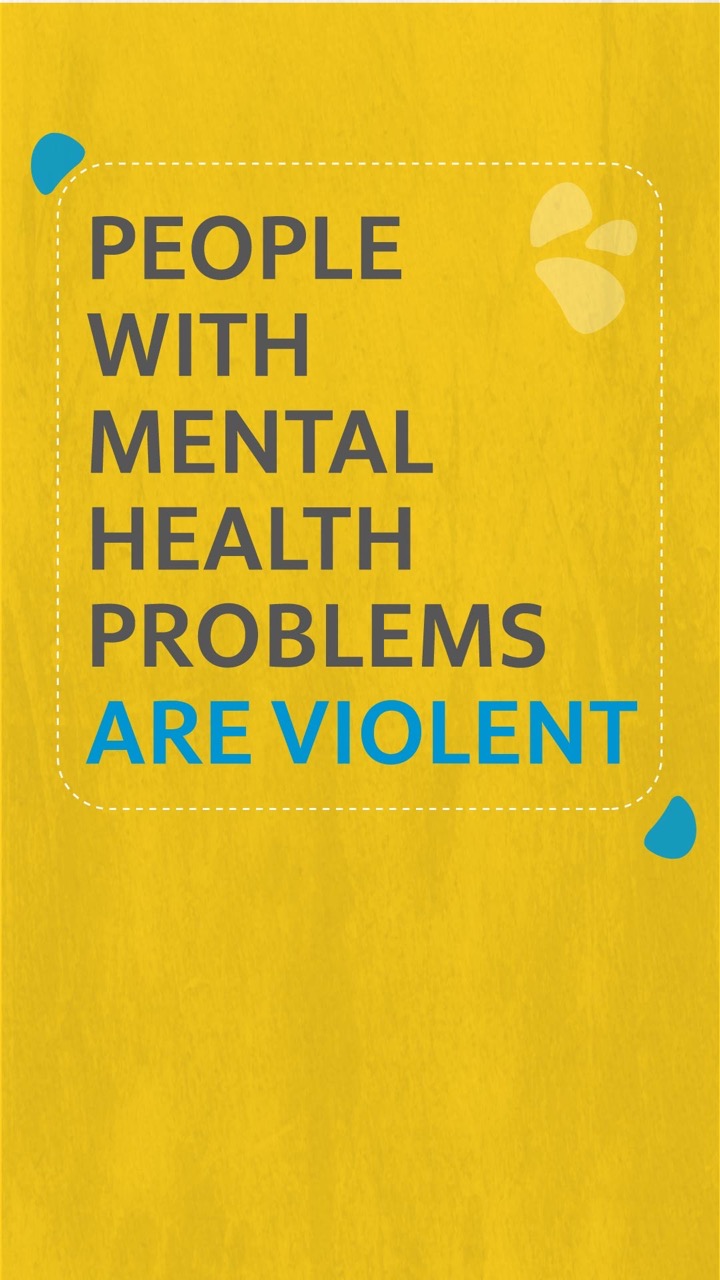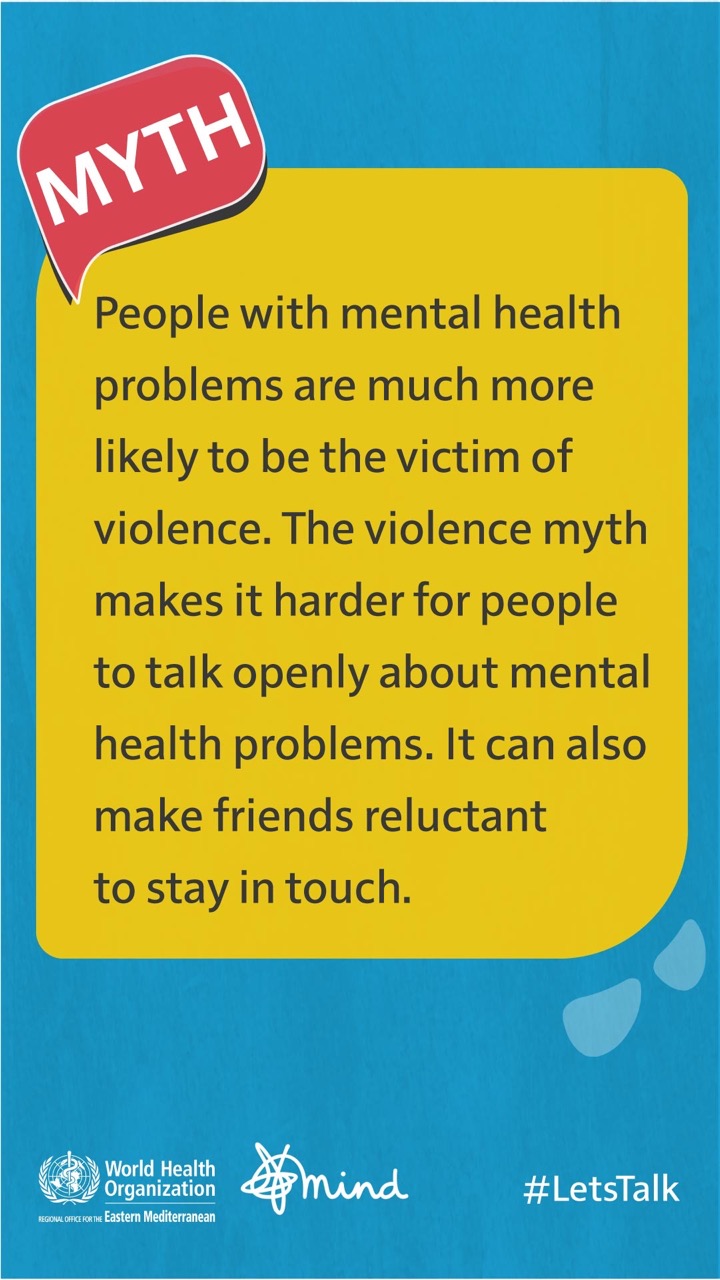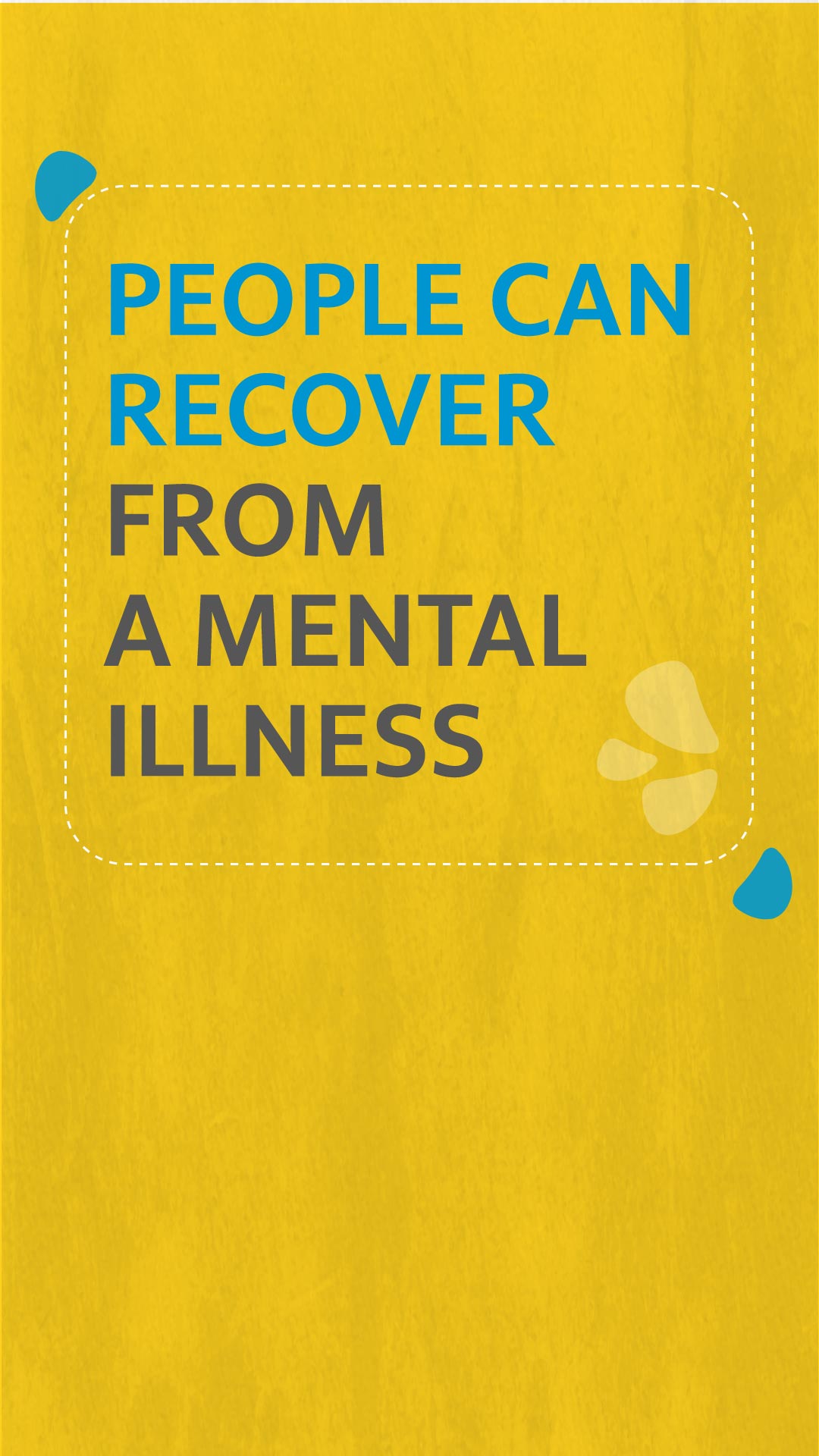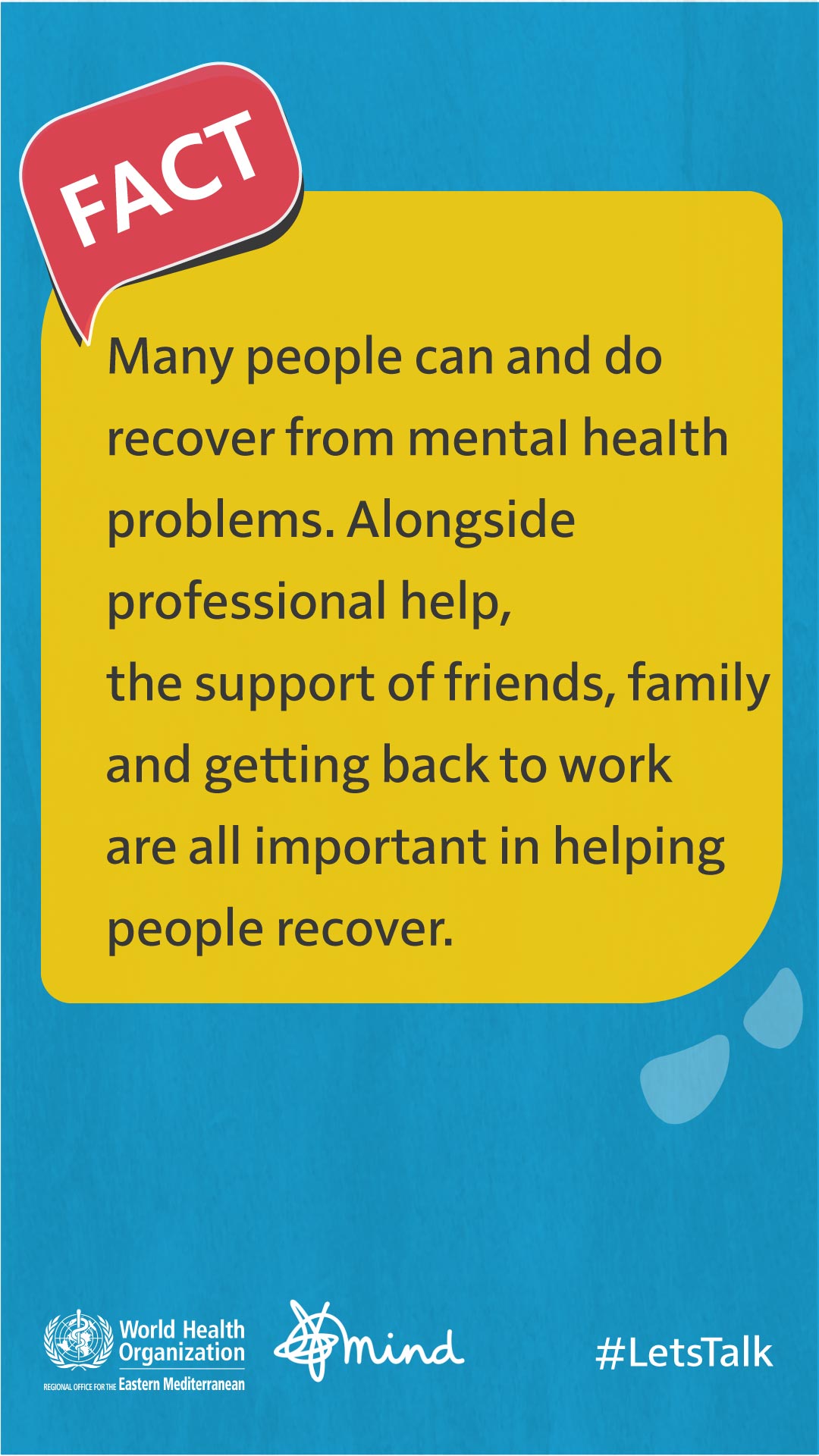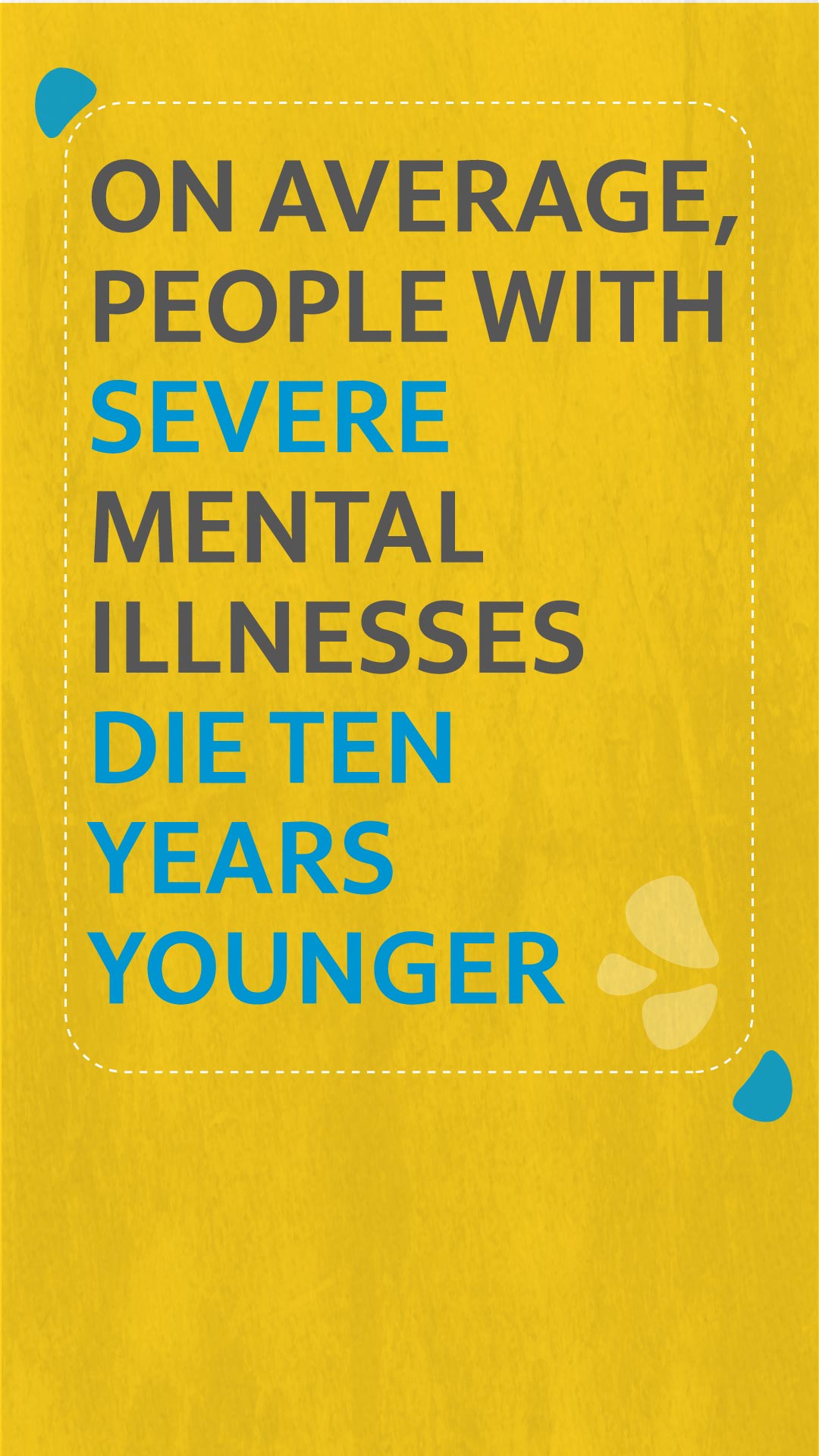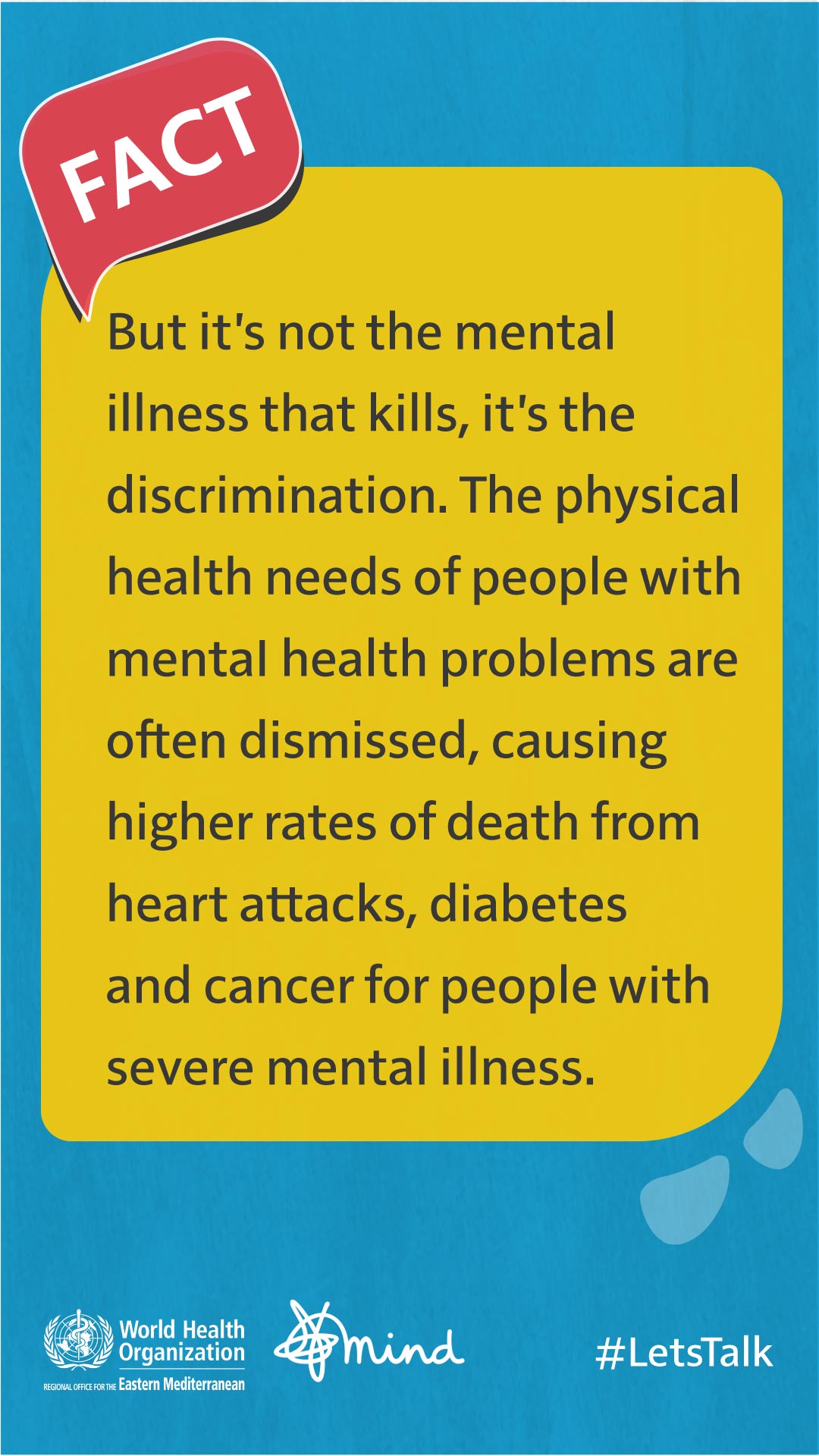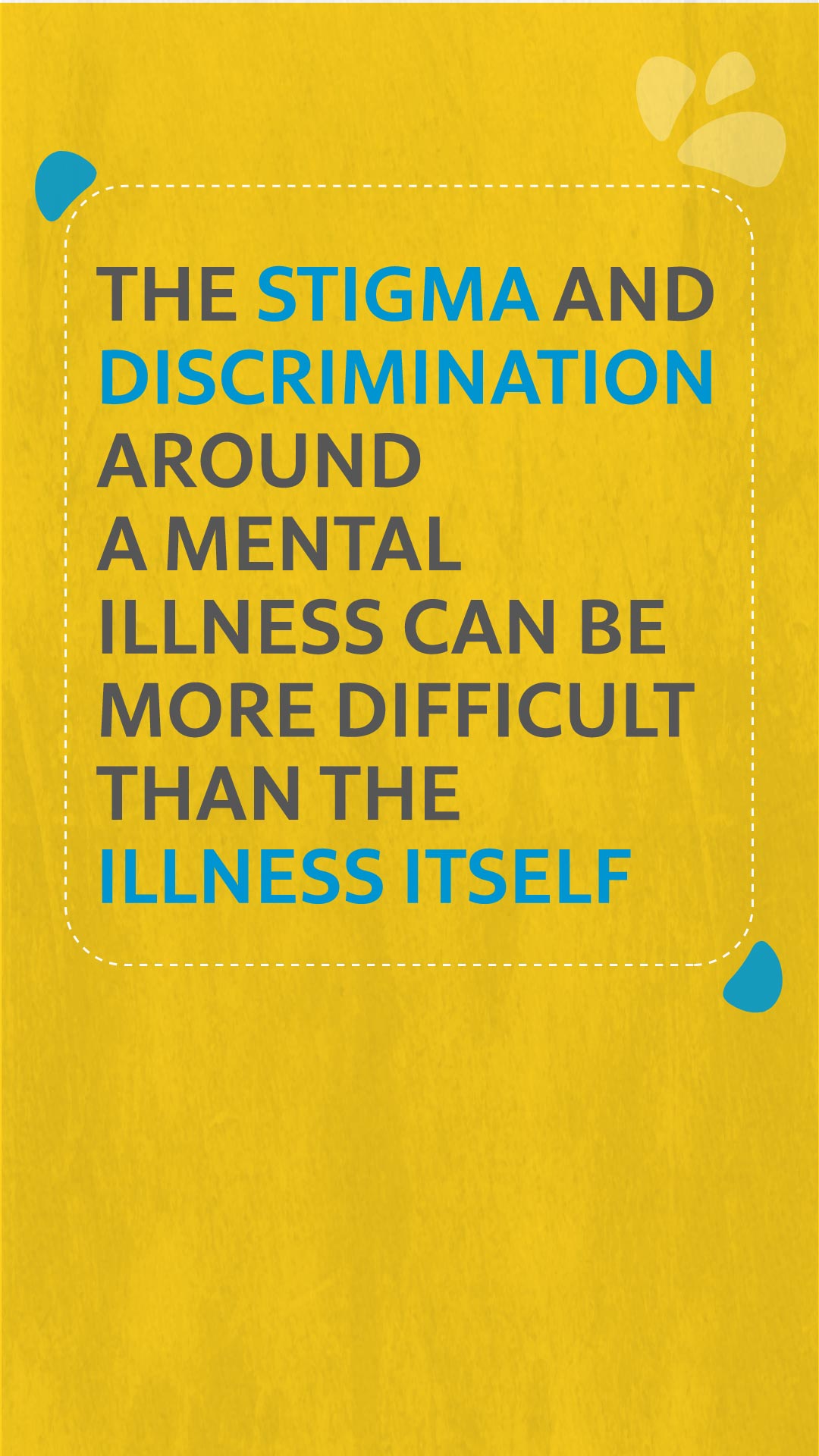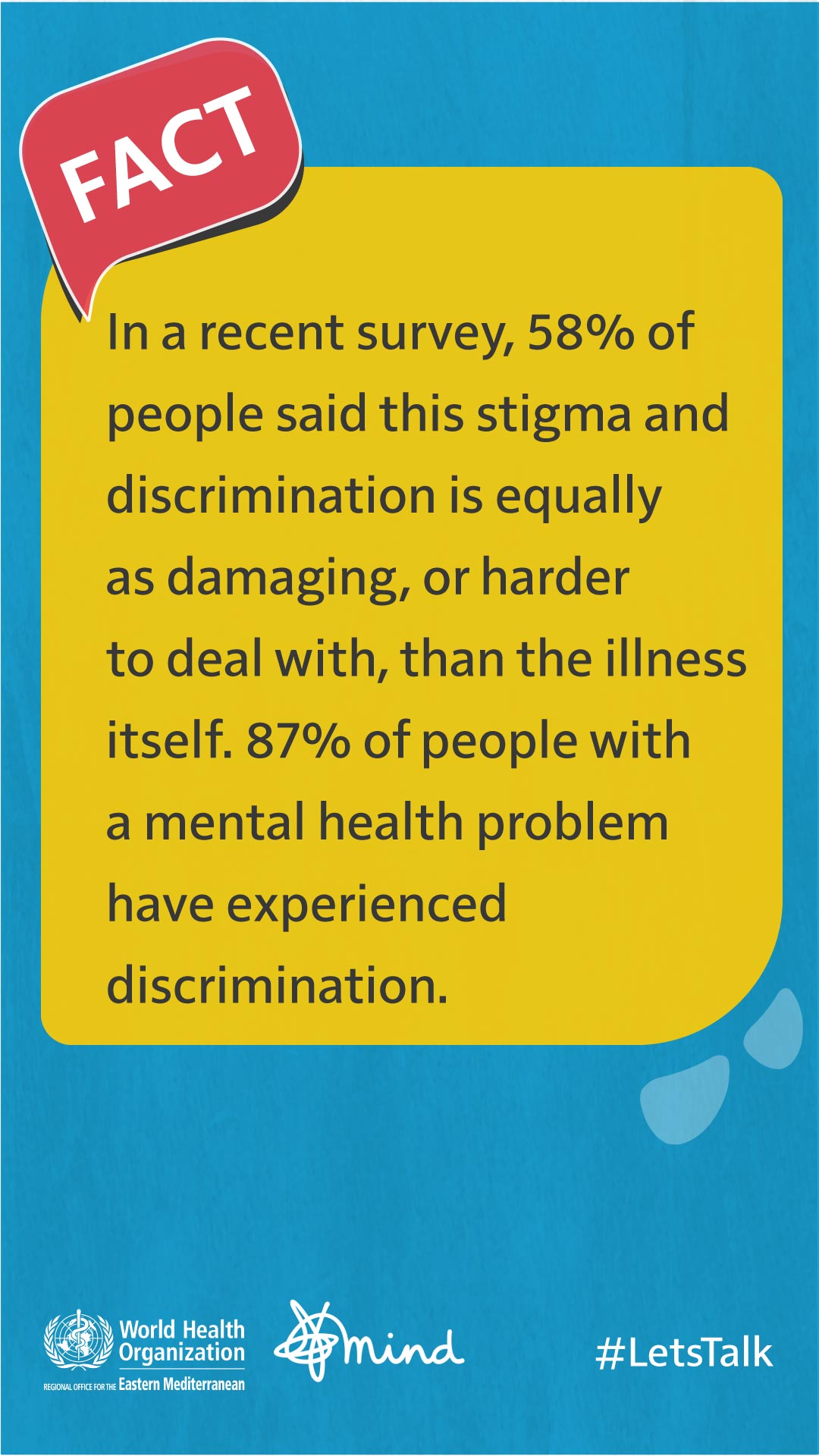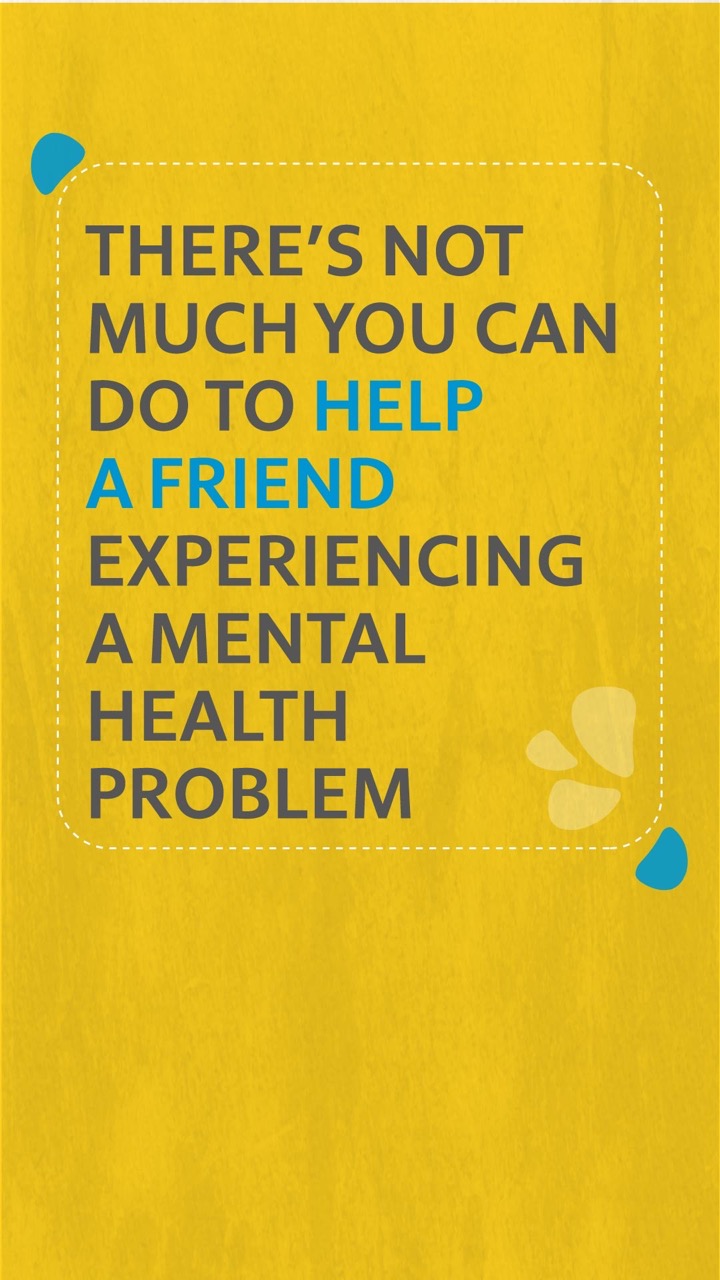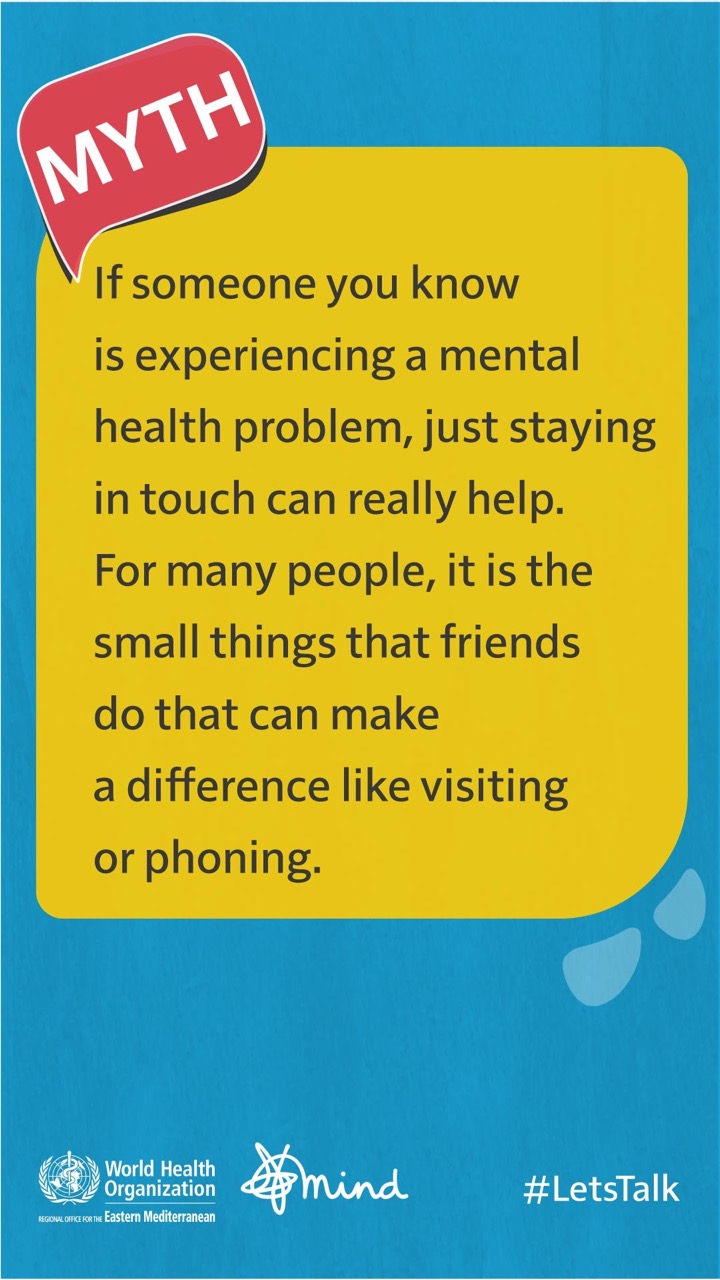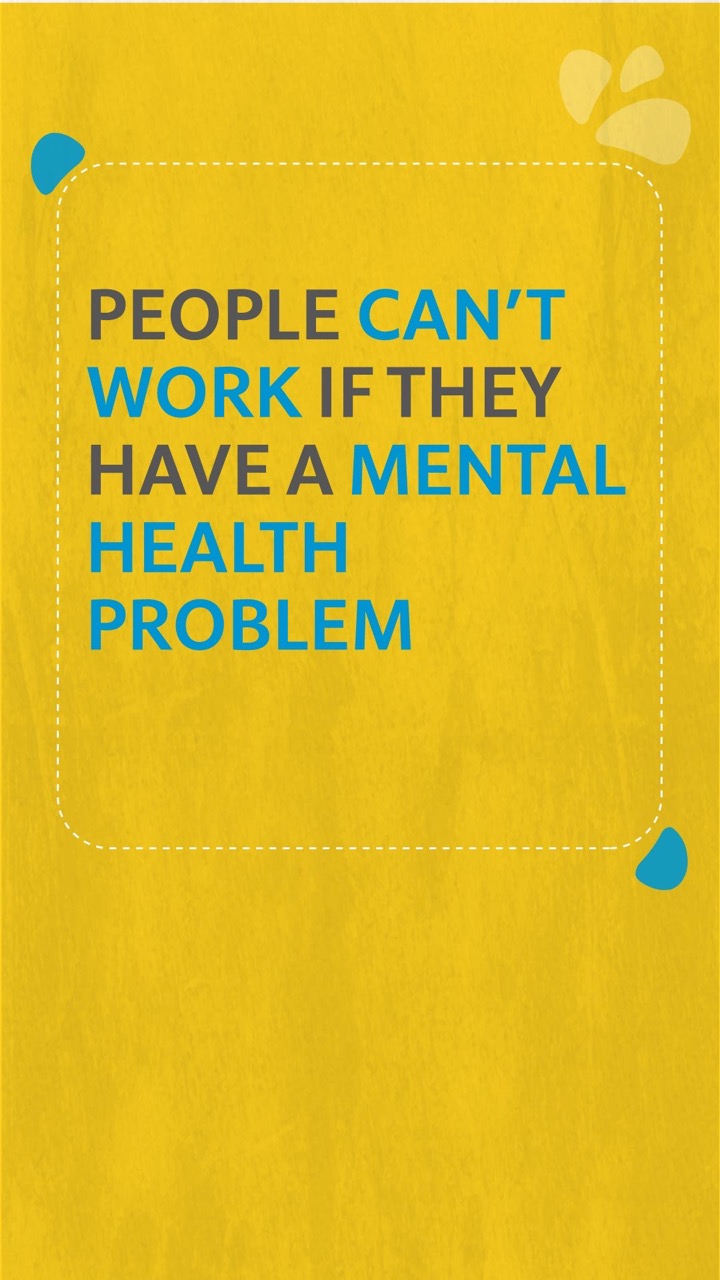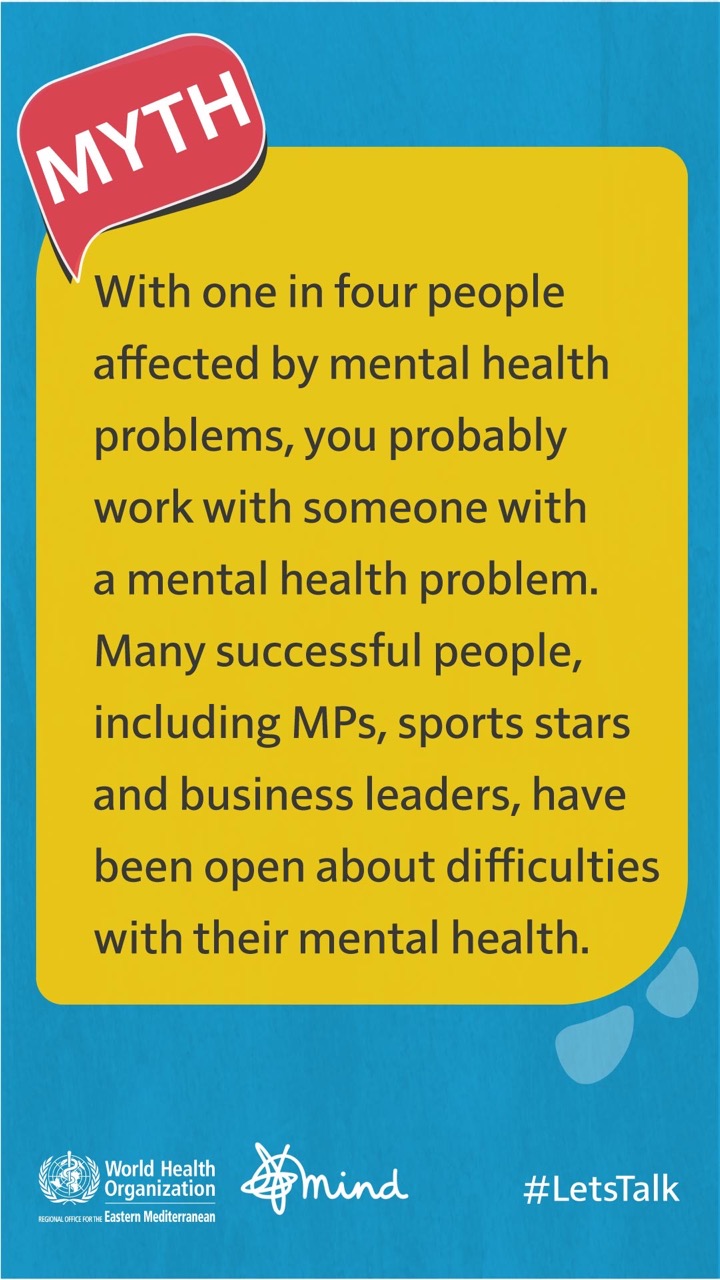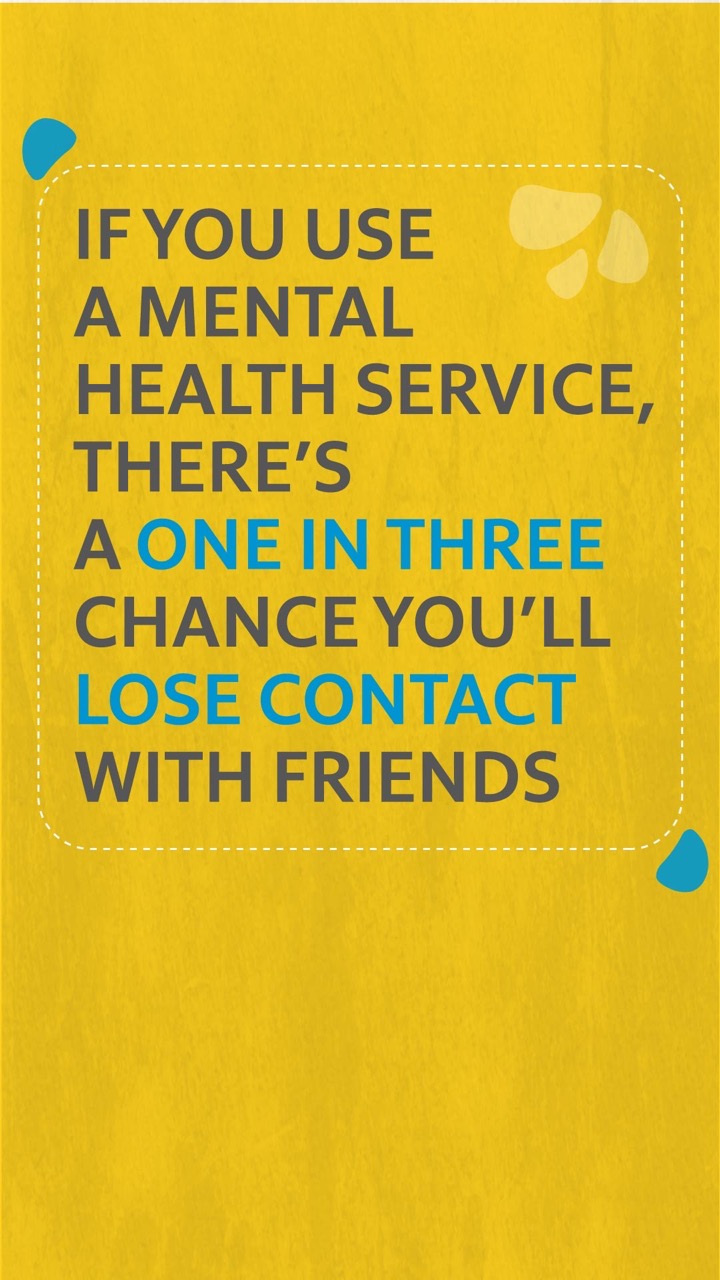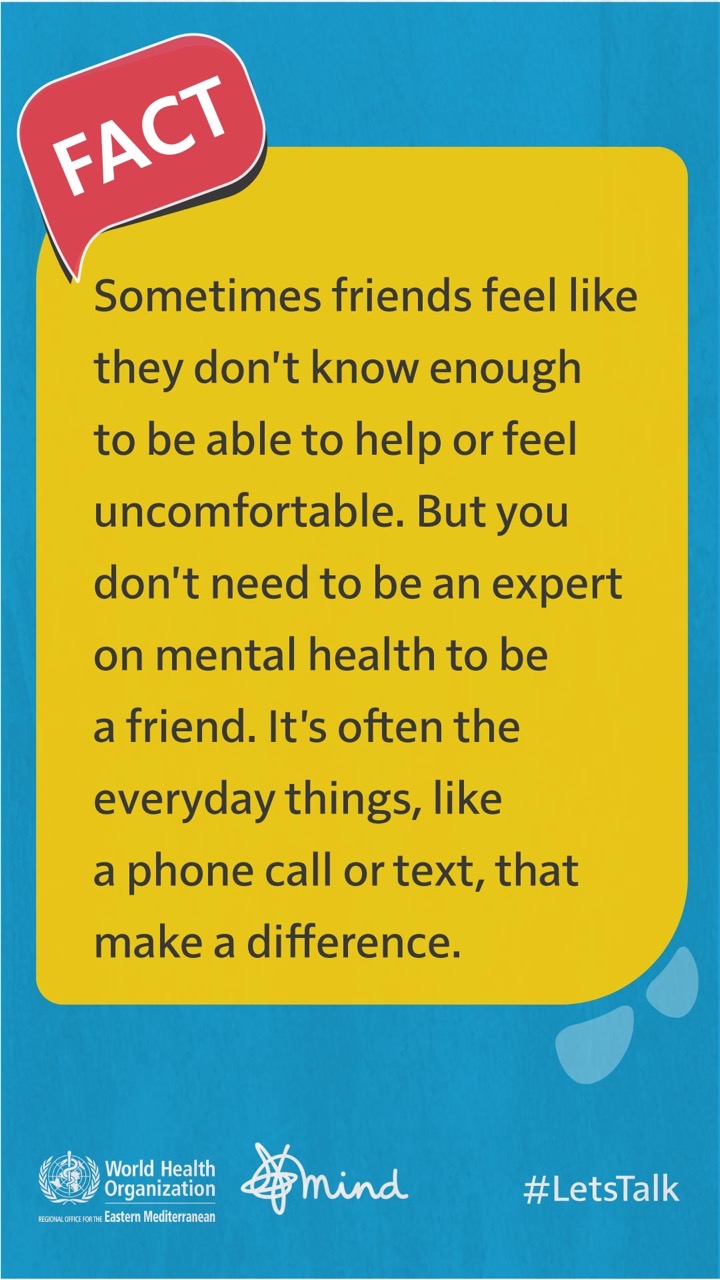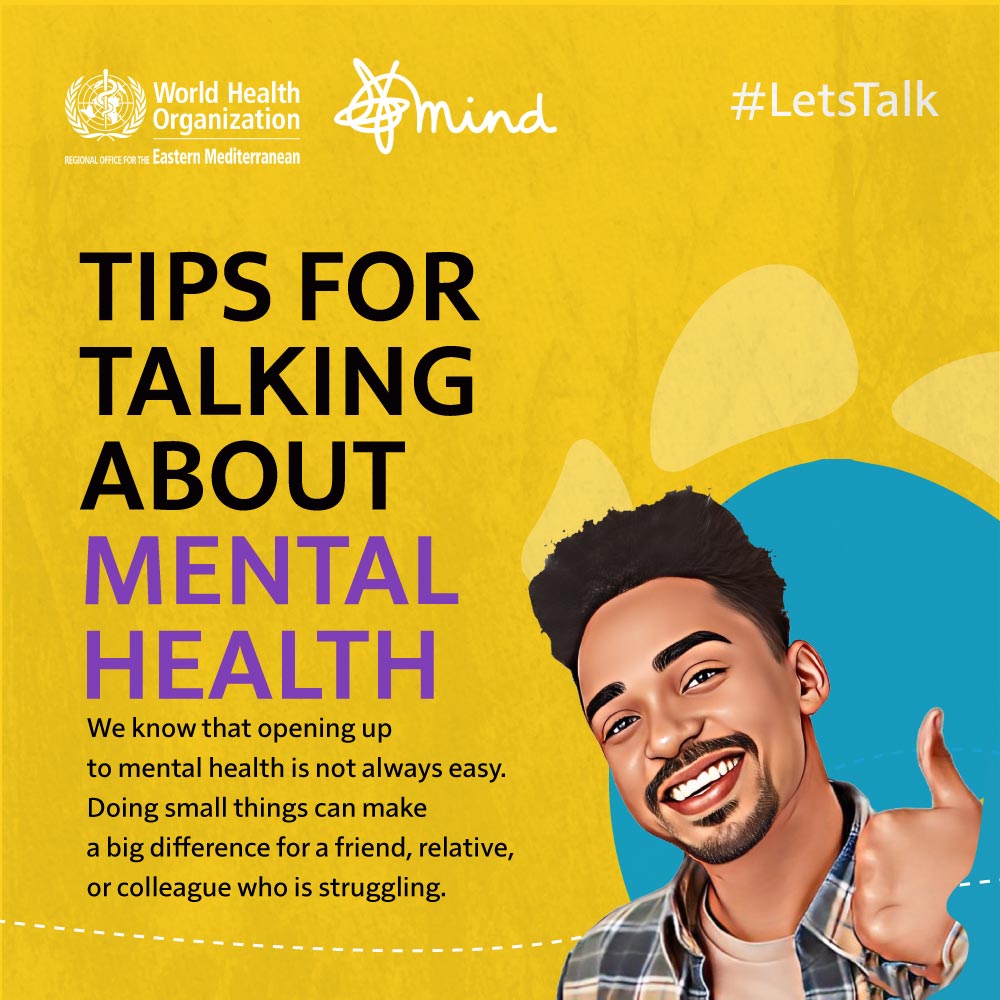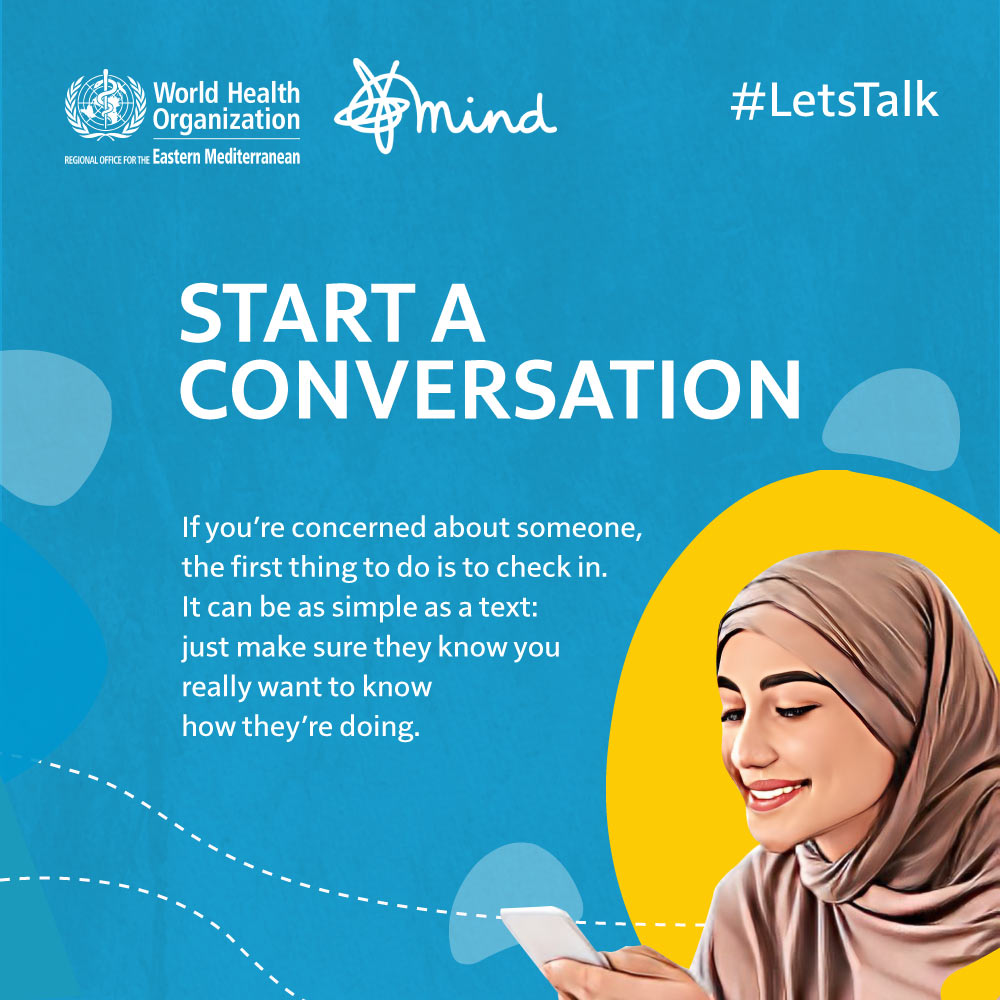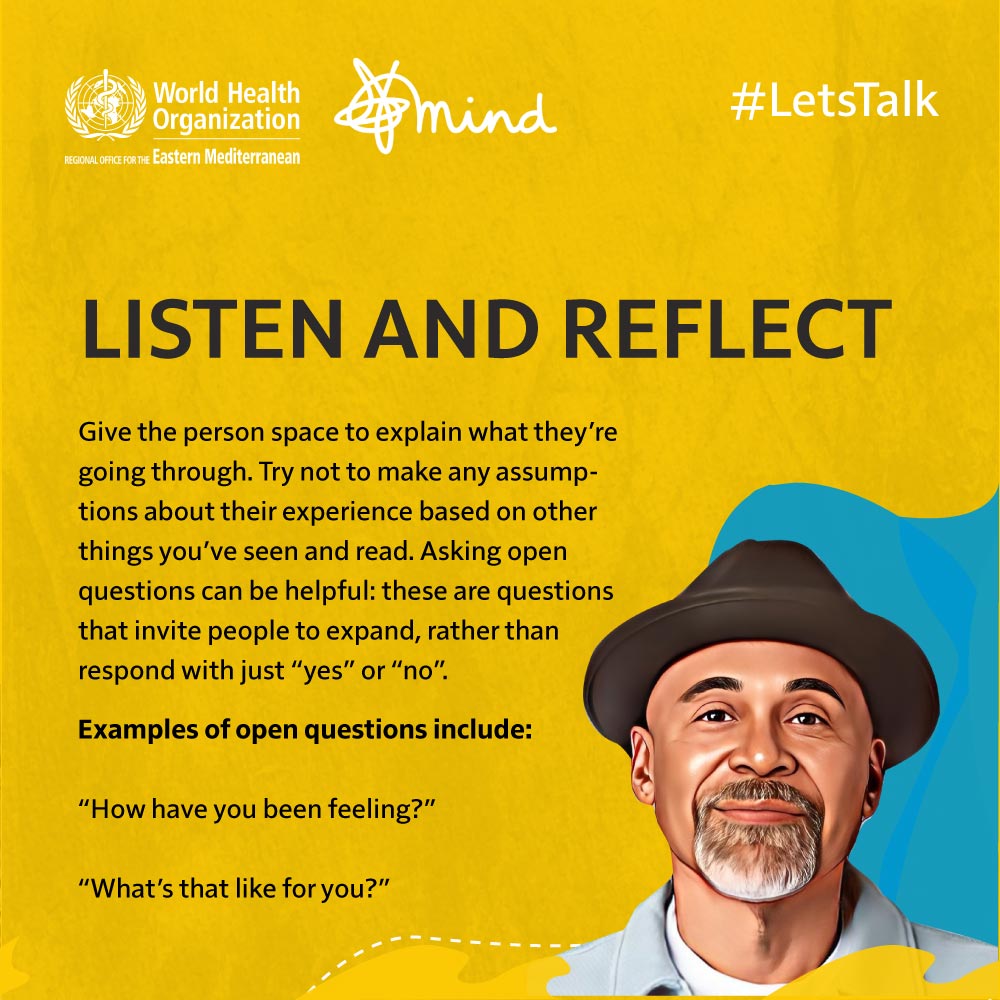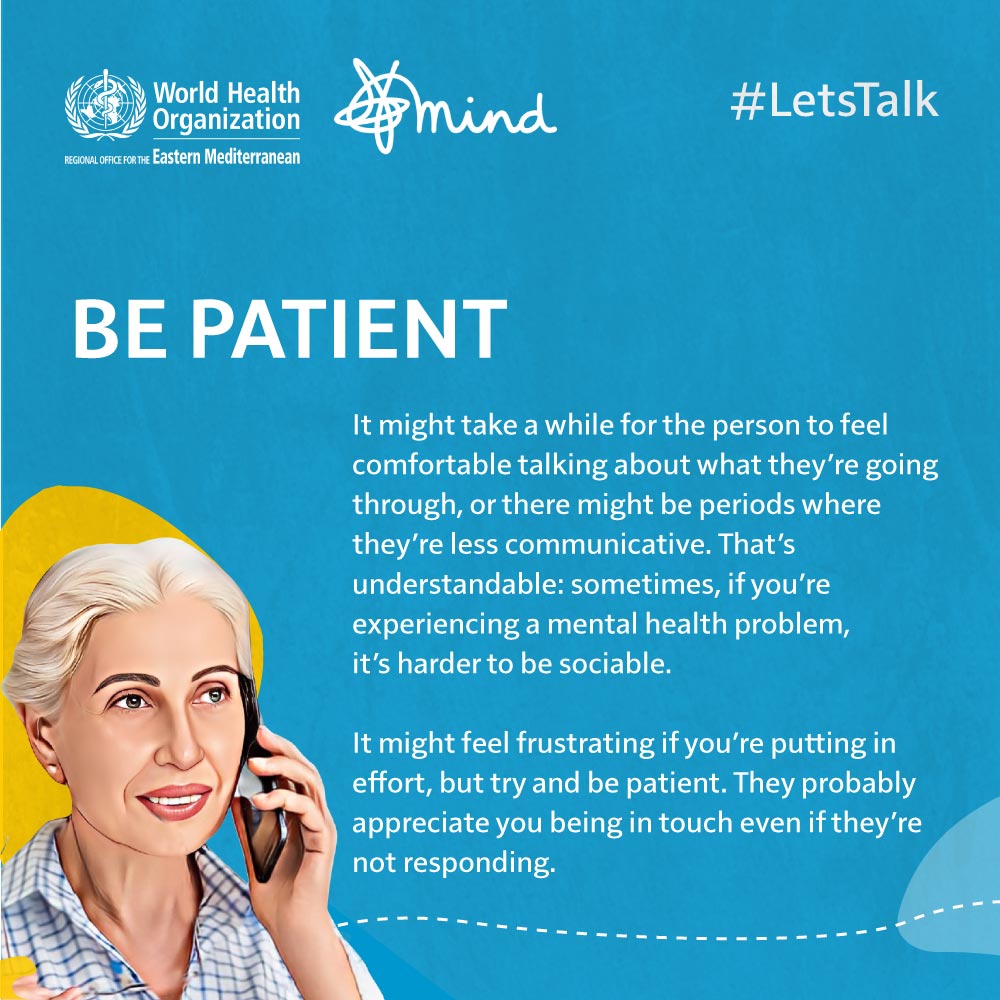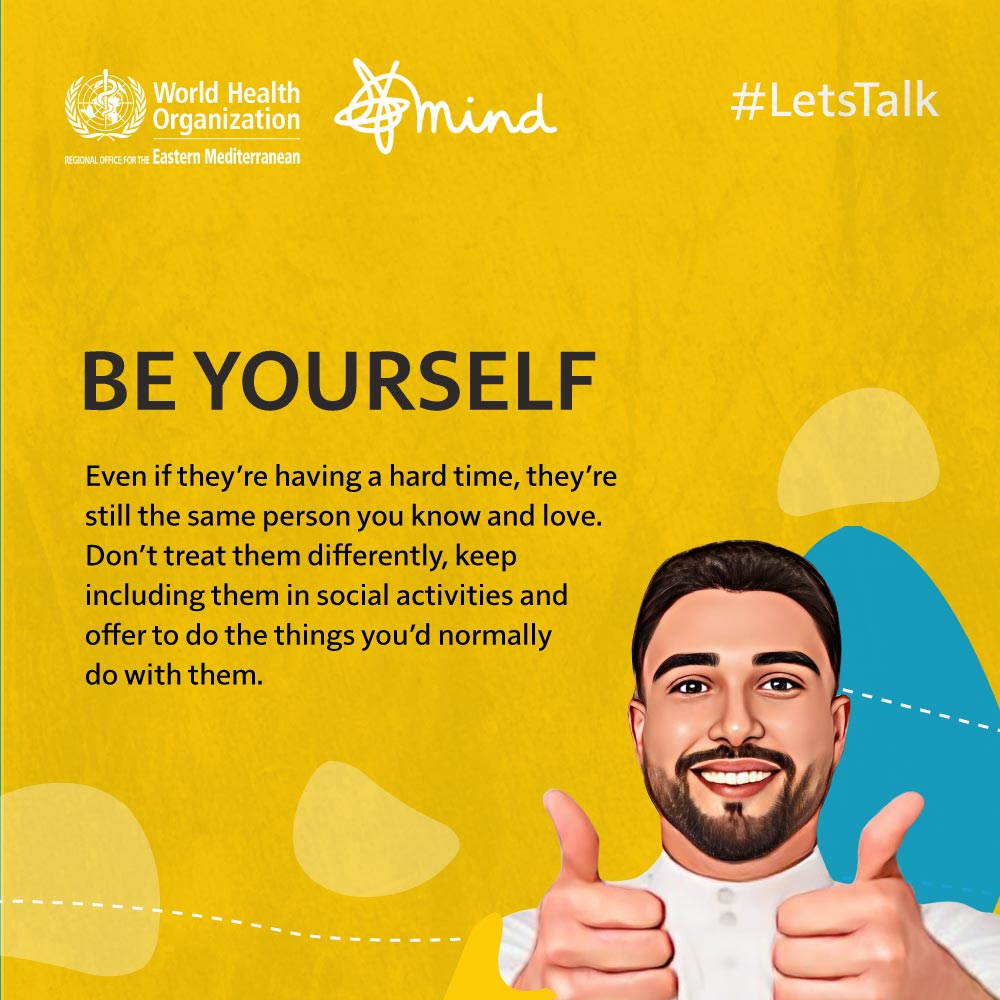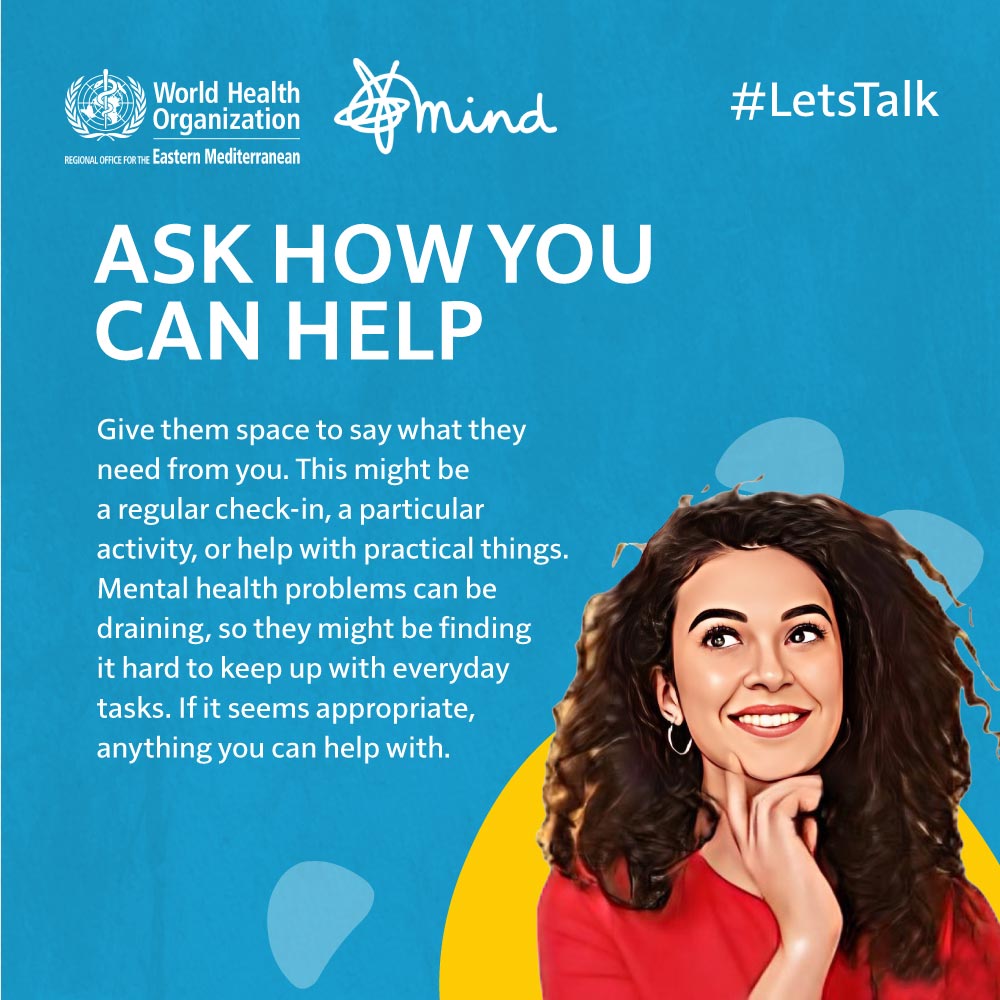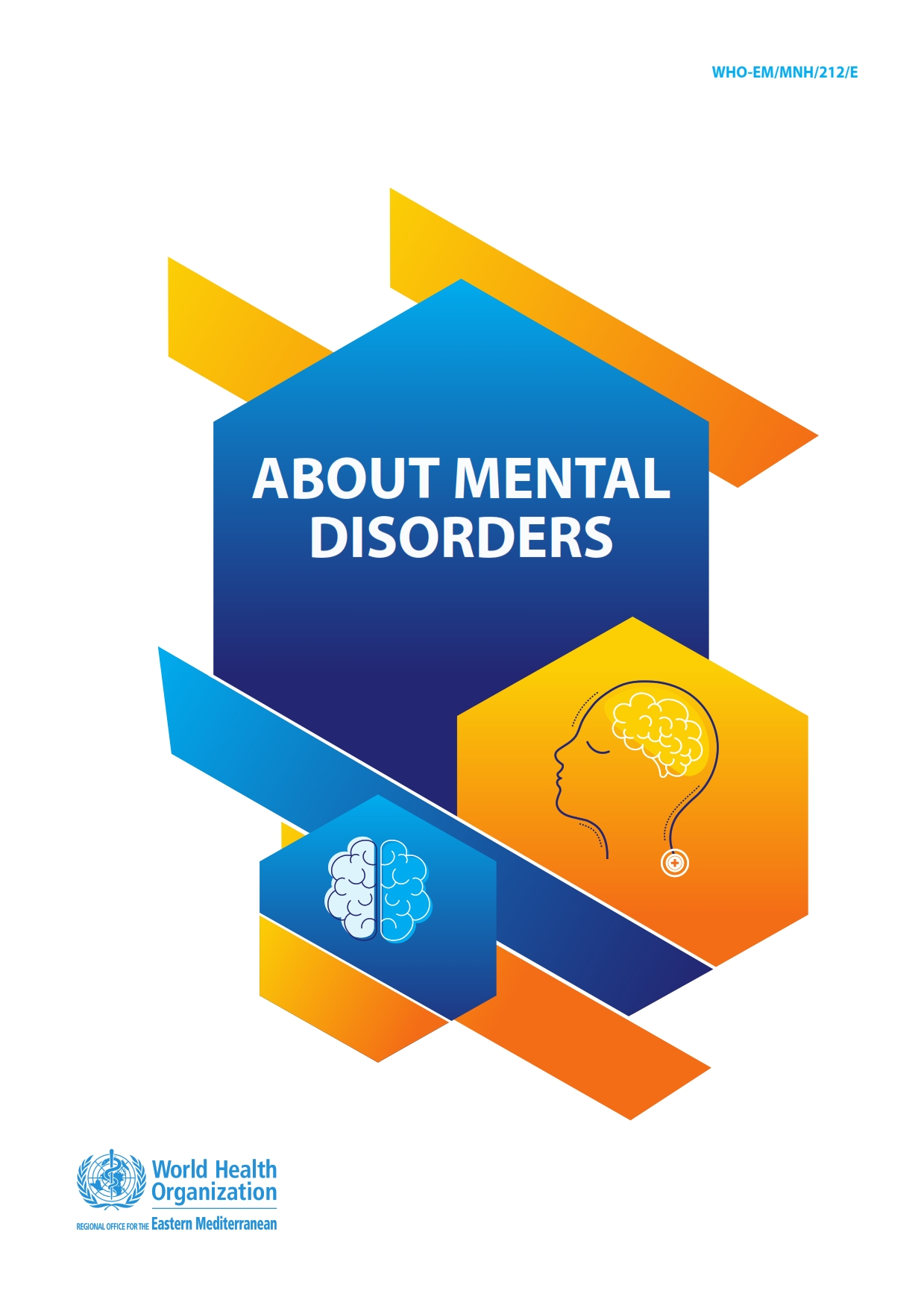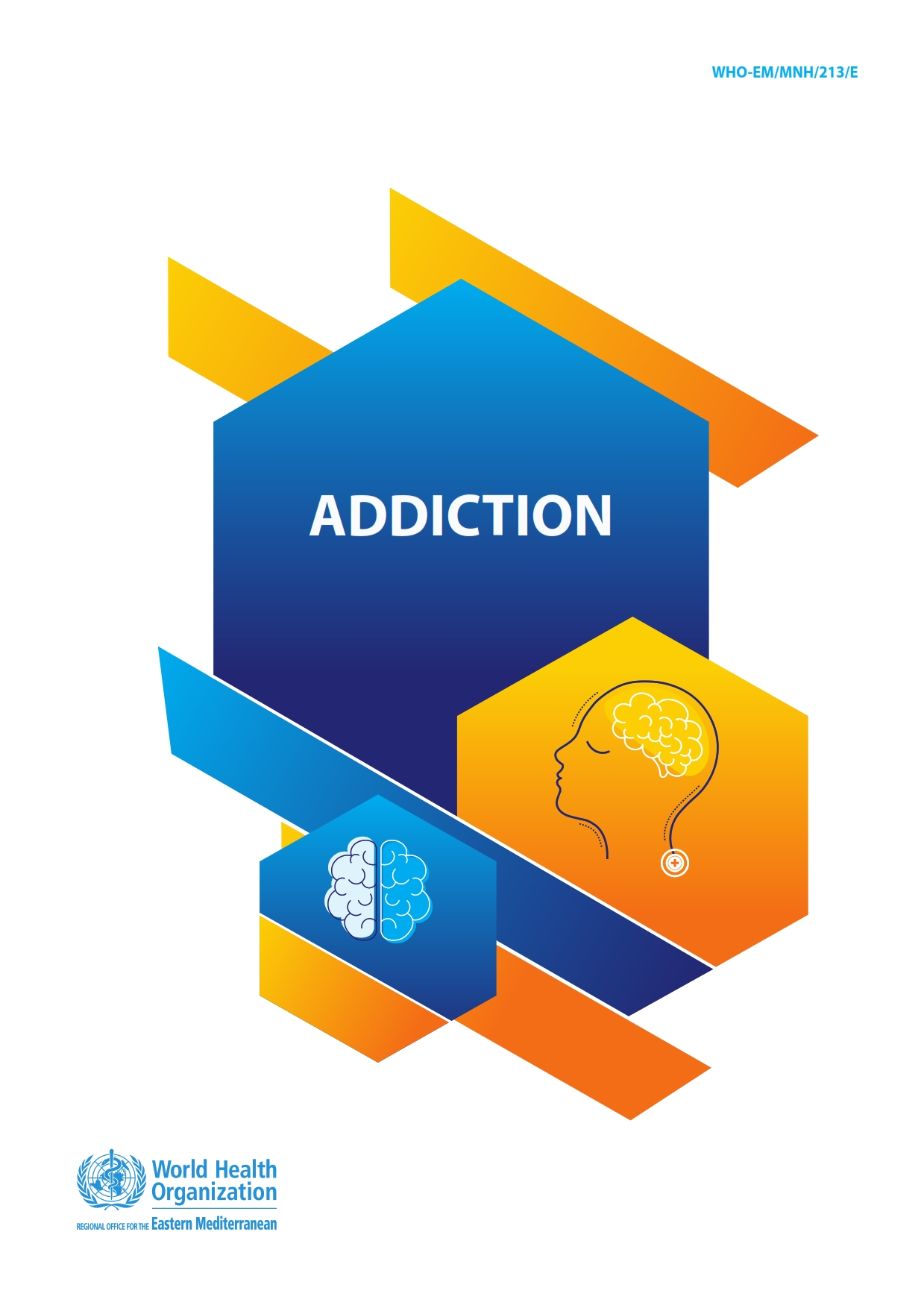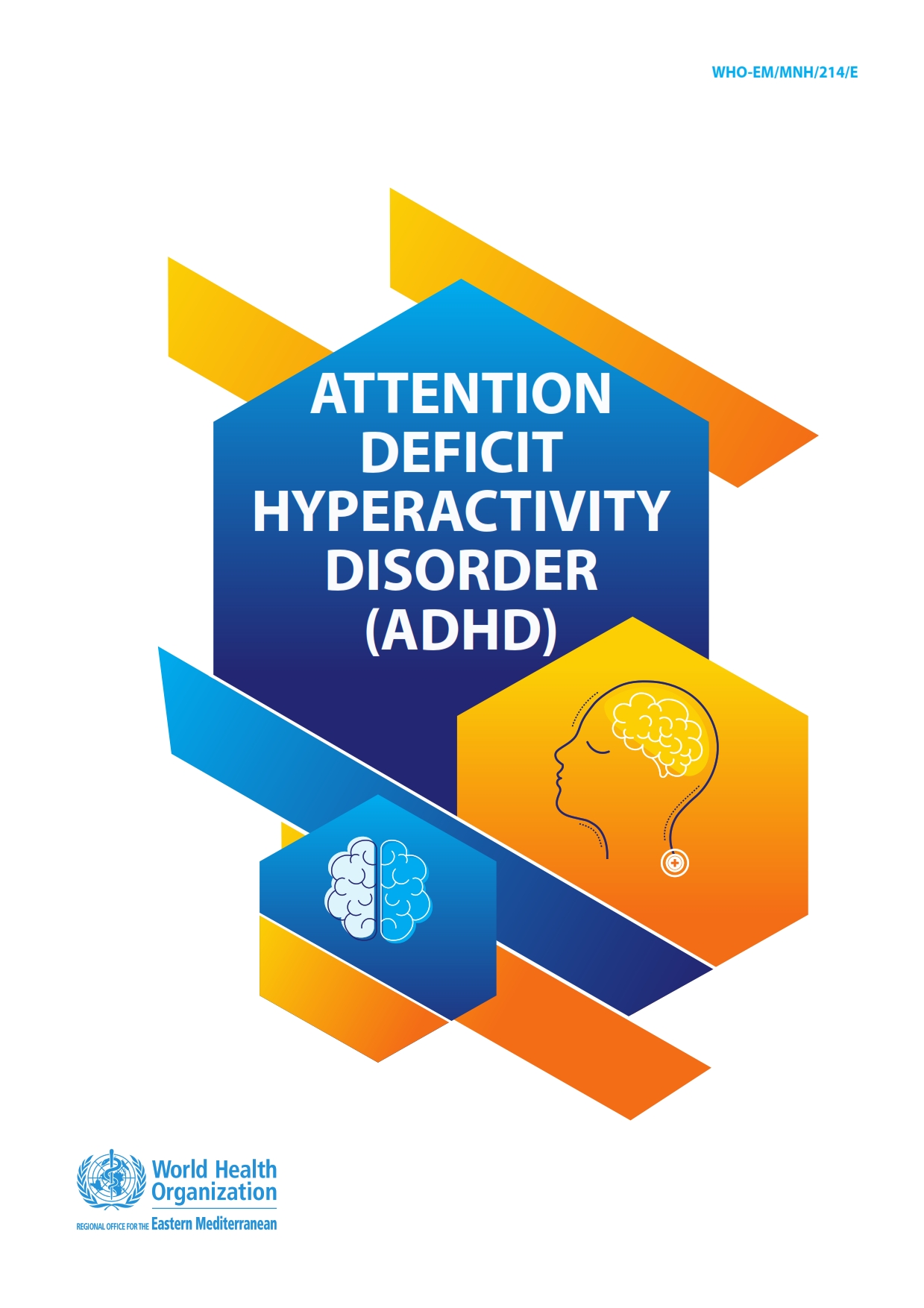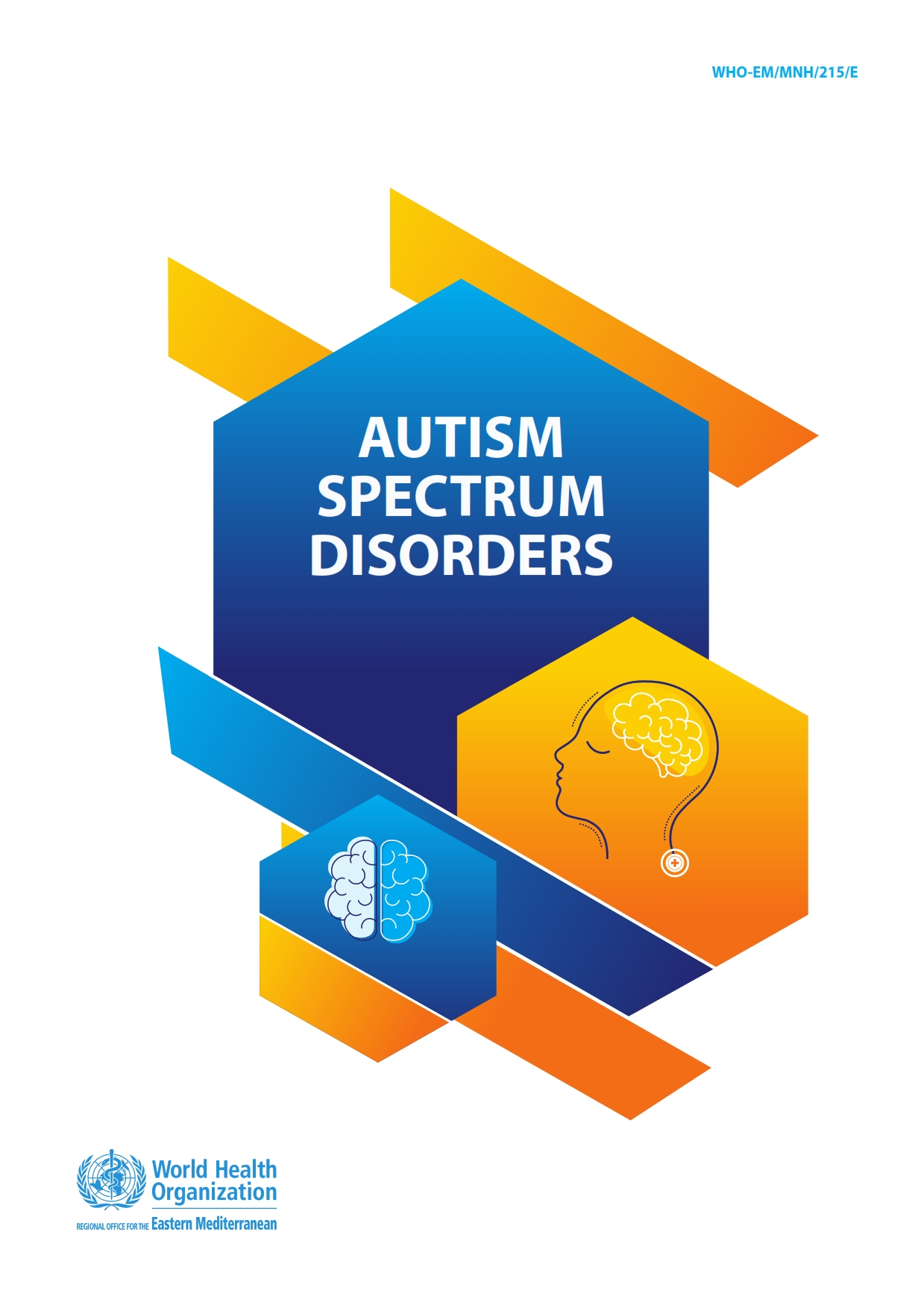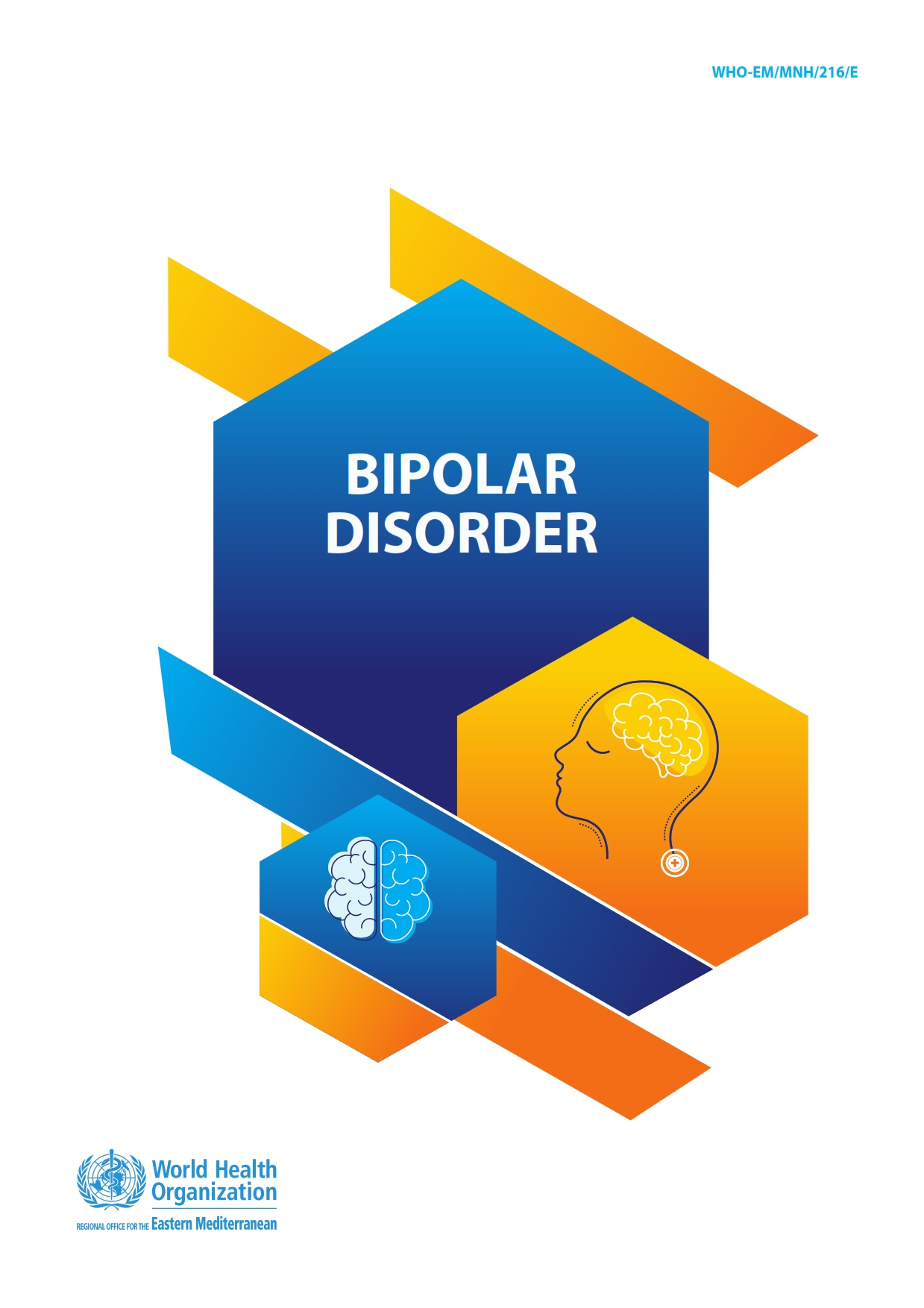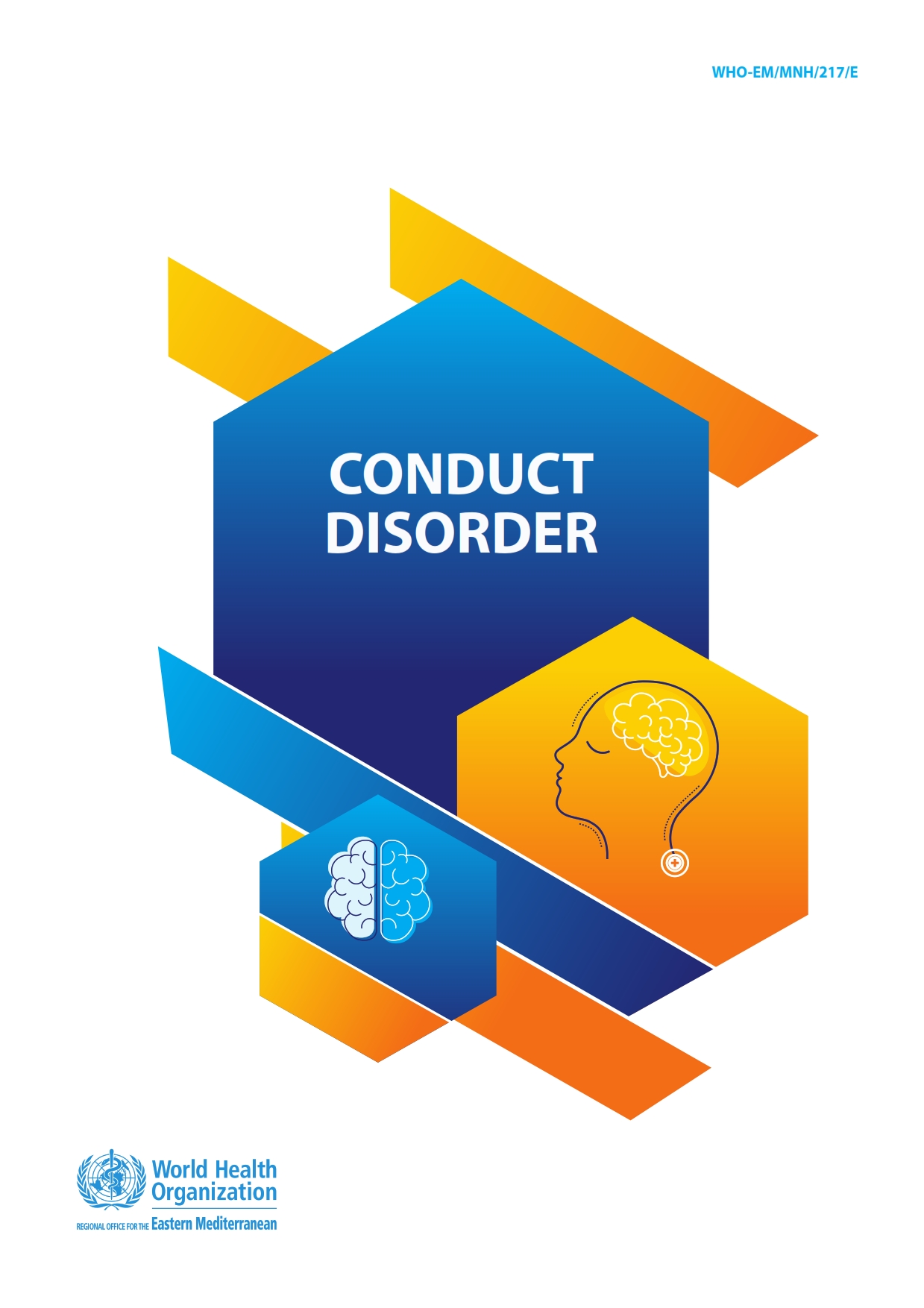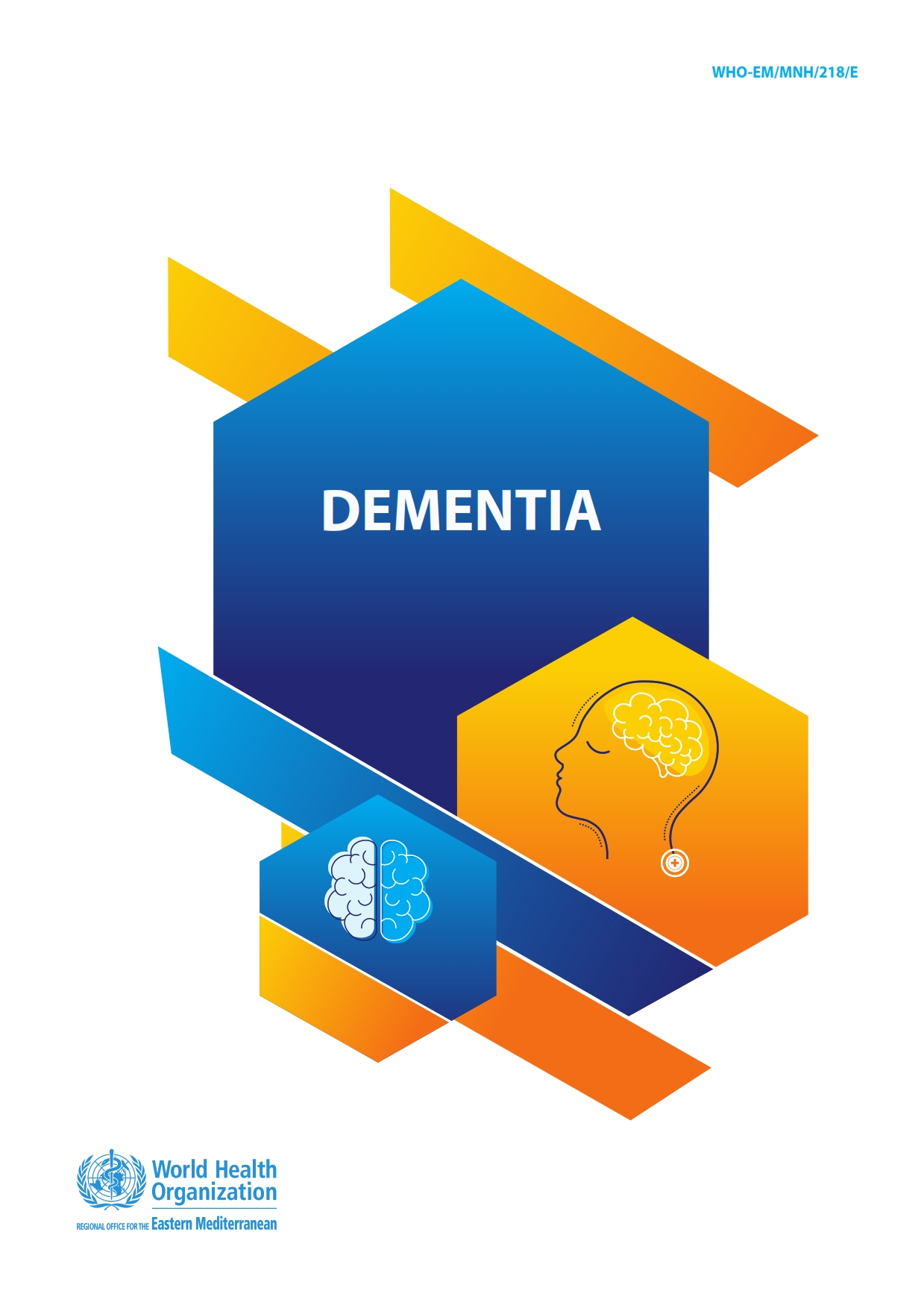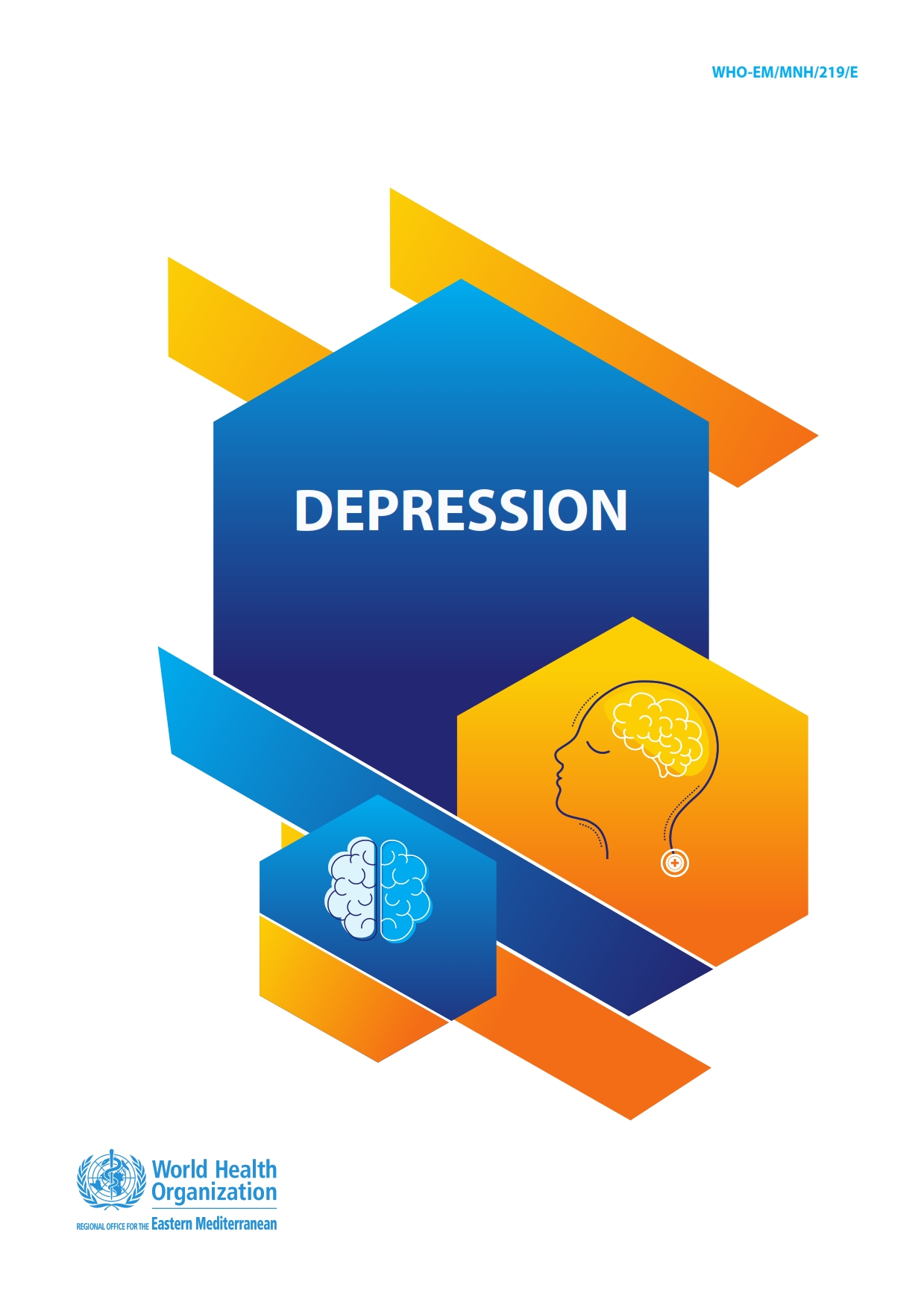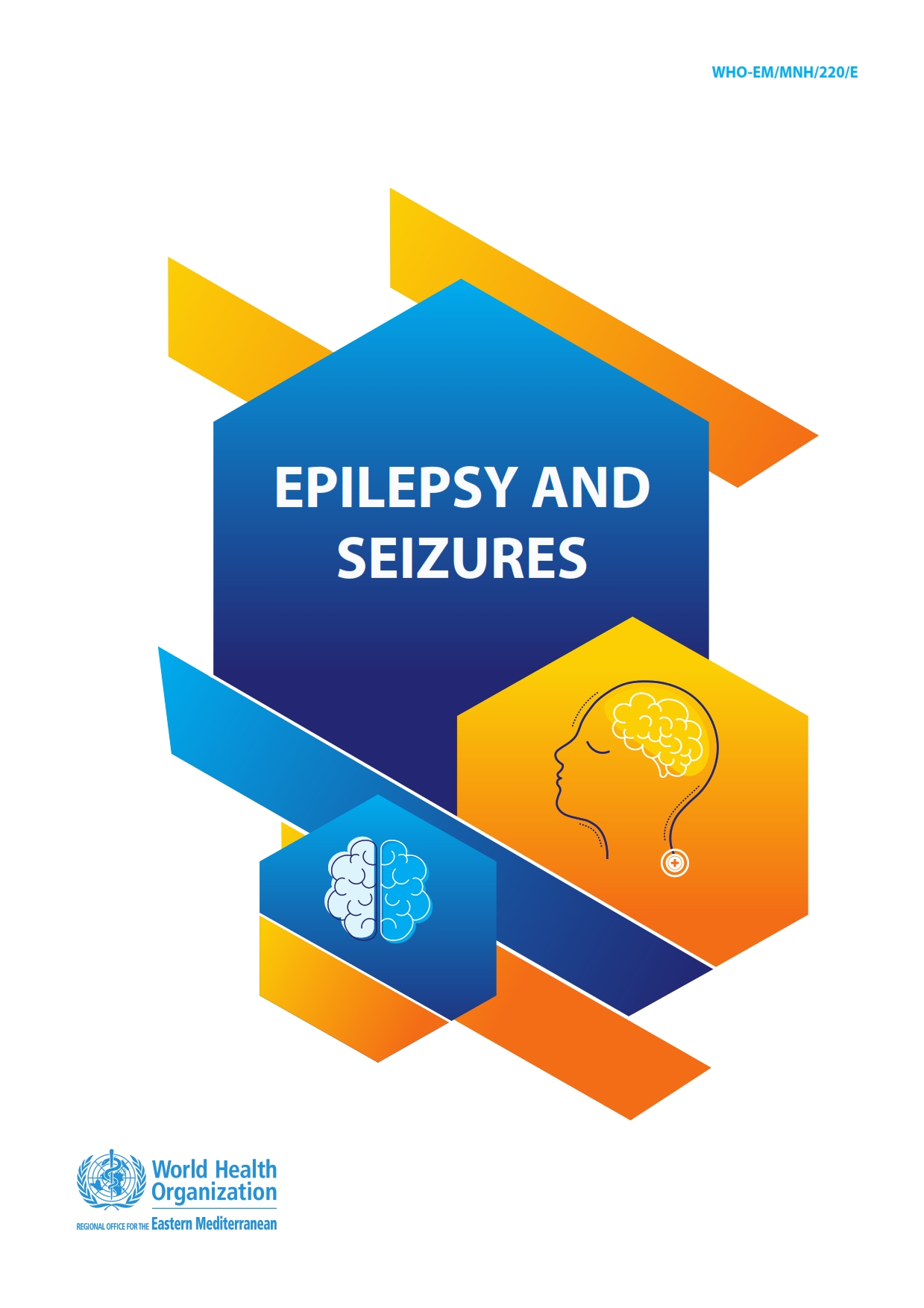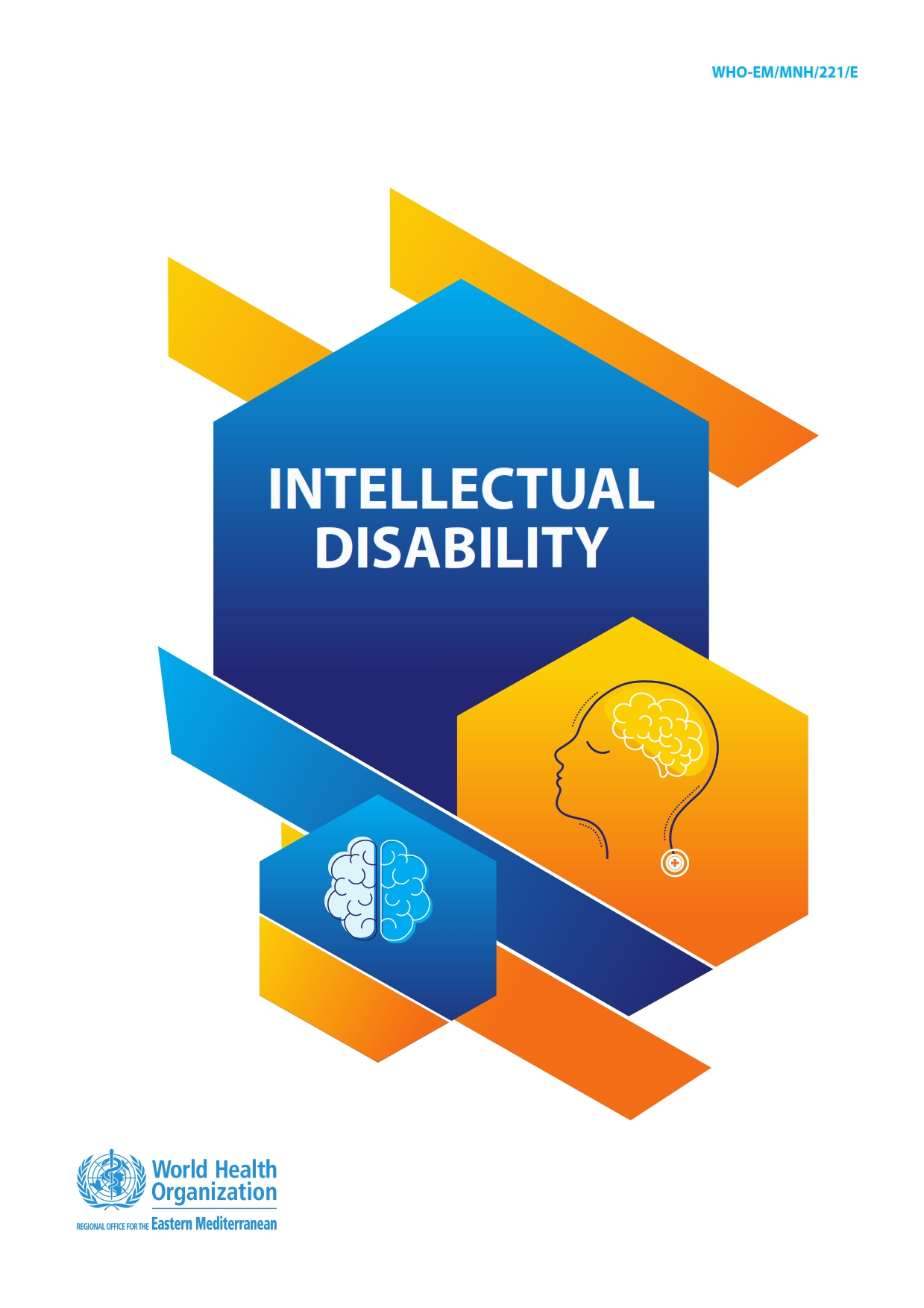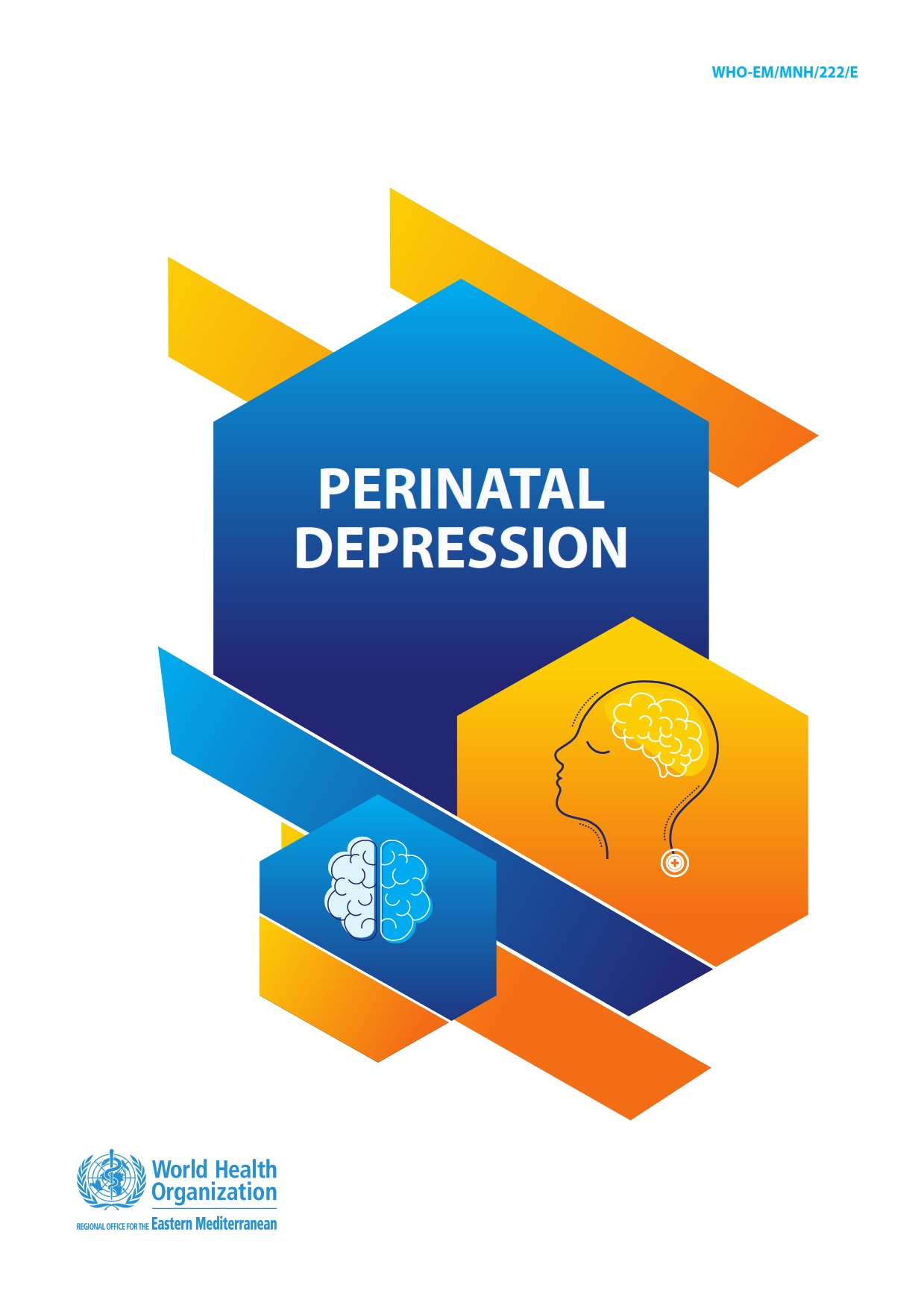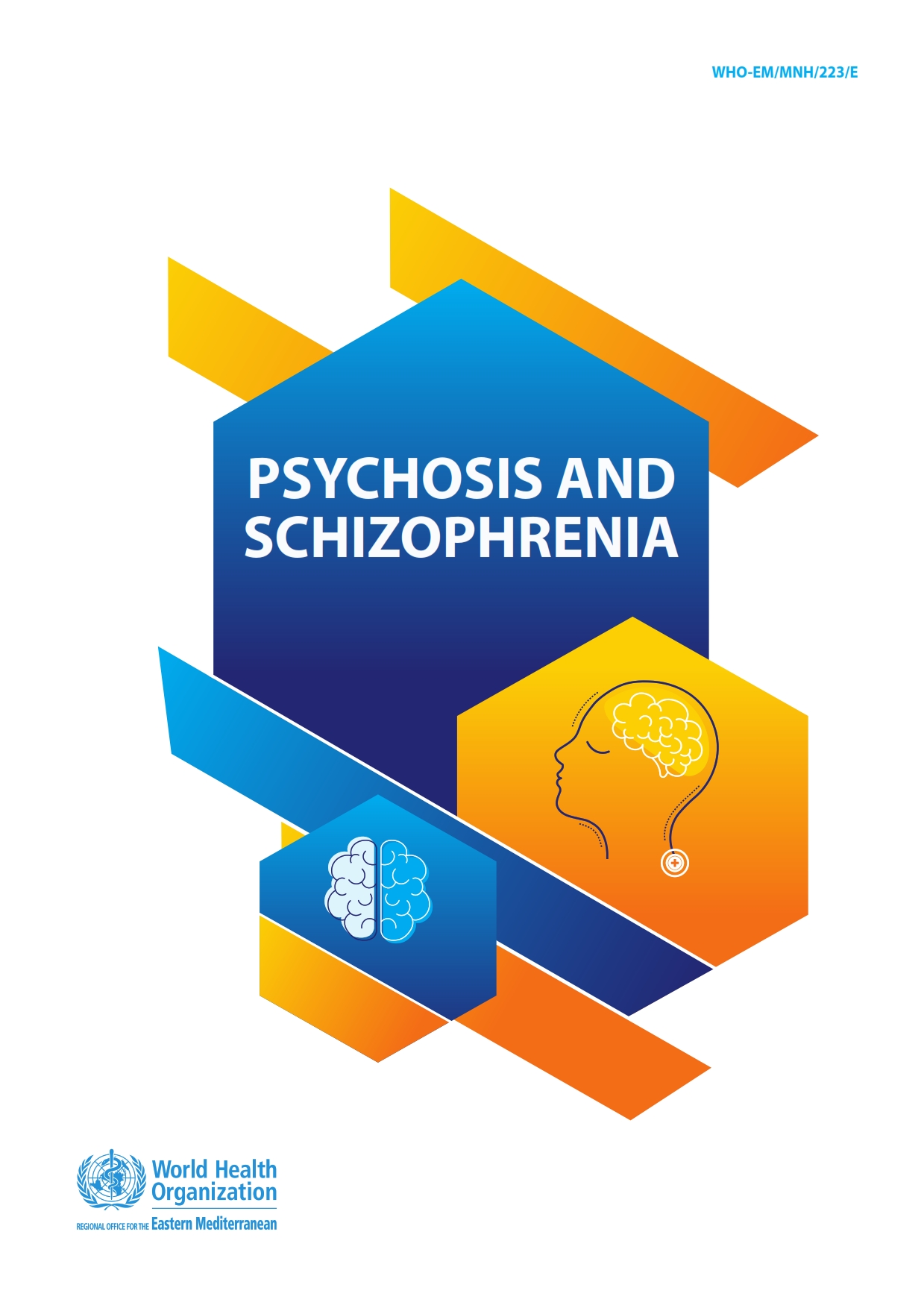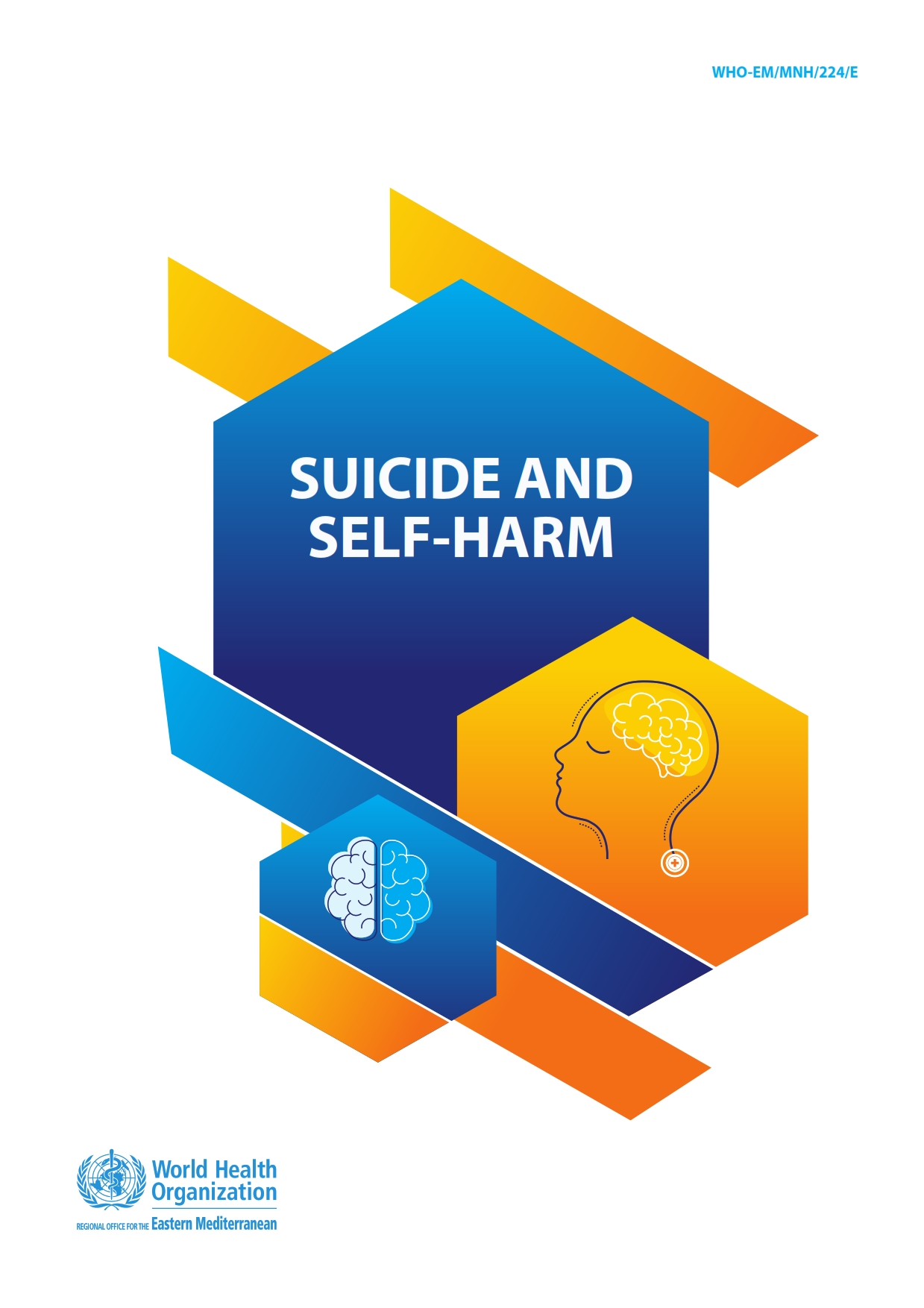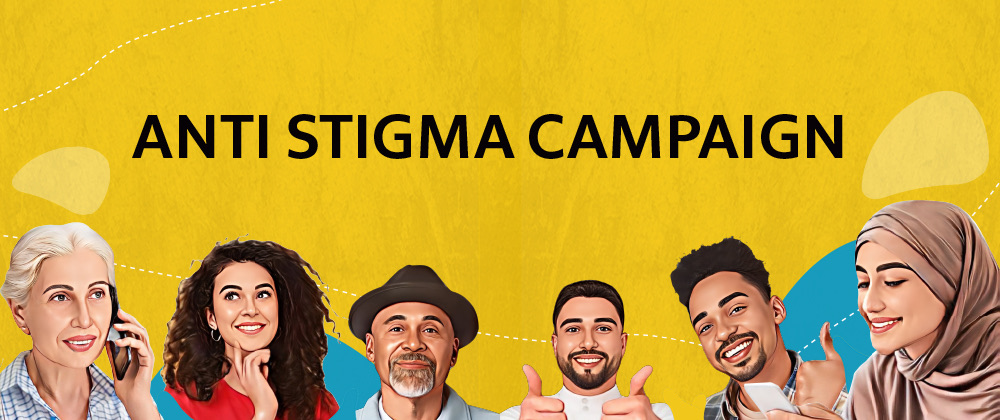
Mental health problems are among the top 10 leading causes of disease burden worldwide and the single largest contributor to years lived with disability. At any given time, one person in every 10 is suffering from a mental health problem, and more than 20% of people who have experienced an emergency are estimated to be suffering from a mental disorder such as depression, anxiety, or post-traumatic stress disorder. Mental health conditions also have substantial economic and social costs, potentially affecting the developmental and security trajectories of entire countries. However, the investment and resources allocated to mental health remain extremely inadequate: only one person in five living with major depressive disorder in high-income countries, and one in 27 in lower middle-income countries, receives minimally adequate treatment.
Pervasive stigmatizing attitudes and discriminatory practices underlie many structural and nonstructural impediments and contribute to gaps in governance, financial and human resources and legislation which limit the availability, accessibility and affordability of mental health services.
The United Nations Convention on the Rights of Persons with Disabilities emphasizes that discrimination against people based on physical or mental disabilities is a violation of their basic human rights.
WHO is committed to fight misconceptions, stigma and discrimination surrounding mental health. WHO's Comprehensive Mental Health Action Plan 2013-2030 calls on Member States to adopt strategic interventions to reduce stigmatization, discrimination and human rights violations against people with mental health conditions. In response to the Mental Health Action Plan, at its 62nd session in 2015 the WHO Regional Committee for the Eastern Mediterranean endorsed a framework to scale up action on mental health in the Region. Among other things, the regional framework requests Member States to review legislation related to mental health in line with international human rights covenants.
The WHO Regional Office for the Eastern Mediterranean is launching a series of testimonial videos for people with lived experience (PWLE) to enhance mental health literacy.
The videos would serve as a powerful tool for countering stigma and discrimination and empowering people with lived experience to be equal partners in shaping policies and developing services for mental health and substance use disorders. WHO Regional and Country Offices developed the videos in close collaboration with civil society organizations (CSOs) and PWLE from different countries in the Region. The videos provide testimonies of hope and agency by sharing intensely personal experiences by individuals reminding everyone that we all have a role to play in making mental health a priority on global developmental and humanitarian agendas.

Mental health problems are among the top 10 leading causes of disease burden worldwide and the single largest contributor to years lived with disability. At any given time, one person in every 10 is suffering from a mental health problem, and more than 20% of people who have experienced an emergency are estimated to be suffering from a mental disorder such as depression, anxiety, or post-traumatic stress disorder. Mental health conditions also have substantial economic and social costs, potentially affecting the developmental and security trajectories of entire countries. However, the investment and resources allocated to mental health remain extremely inadequate: only one person in five living with major depressive disorder in high-income countries, and one in 27 in lower middle-income countries, receives minimally adequate treatment.
Pervasive stigmatizing attitudes and discriminatory practices underlie many structural and nonstructural impediments and contribute to gaps in governance, financial and human resources and legislation which limit the availability, accessibility and affordability of mental health services.
The United Nations Convention on the Rights of Persons with Disabilities emphasizes that discrimination against people based on physical or mental disabilities is a violation of their basic human rights.
WHO is committed to fight misconceptions, stigma and discrimination surrounding mental health. WHO's Comprehensive Mental Health Action Plan 2013-2030 calls on Member States to adopt strategic interventions to reduce stigmatization, discrimination and human rights violations against people with mental health conditions. In response to the Mental Health Action Plan, at its 62nd session in 2015 the WHO Regional Committee for the Eastern Mediterranean endorsed a framework to scale up action on mental health in the Region. Among other things, the regional framework requests Member States to review legislation related to mental health in line with international human rights covenants.
The WHO Regional Office for the Eastern Mediterranean is launching a series of testimonial videos for people with lived experience (PWLE) to enhance mental health literacy.
The videos would serve as a powerful tool for countering stigma and discrimination and empowering people with lived experience to be equal partners in shaping policies and developing services for mental health and substance use disorders. WHO Regional and Country Offices developed the videos in close collaboration with civil society organizations (CSOs) and PWLE from different countries in the Region. The videos provide testimonies of hope and agency by sharing intensely personal experiences by individuals reminding everyone that we all have a role to play in making mental health a priority on global developmental and humanitarian agendas.









